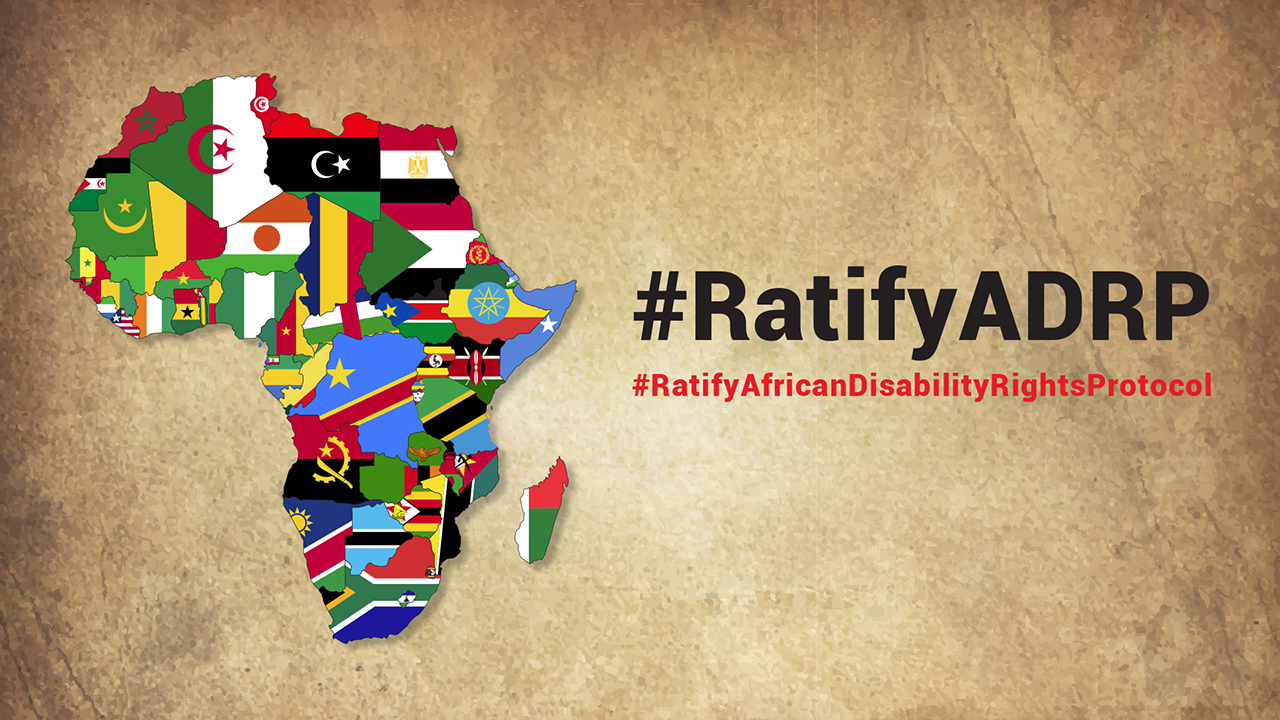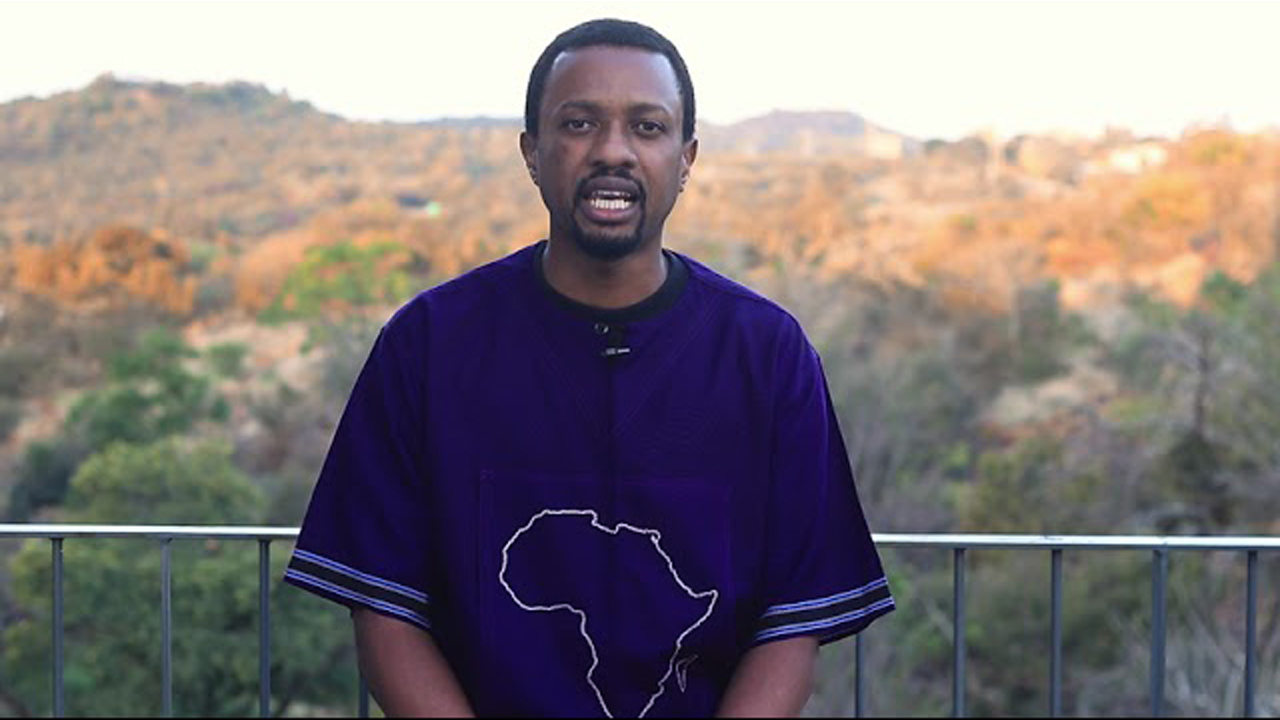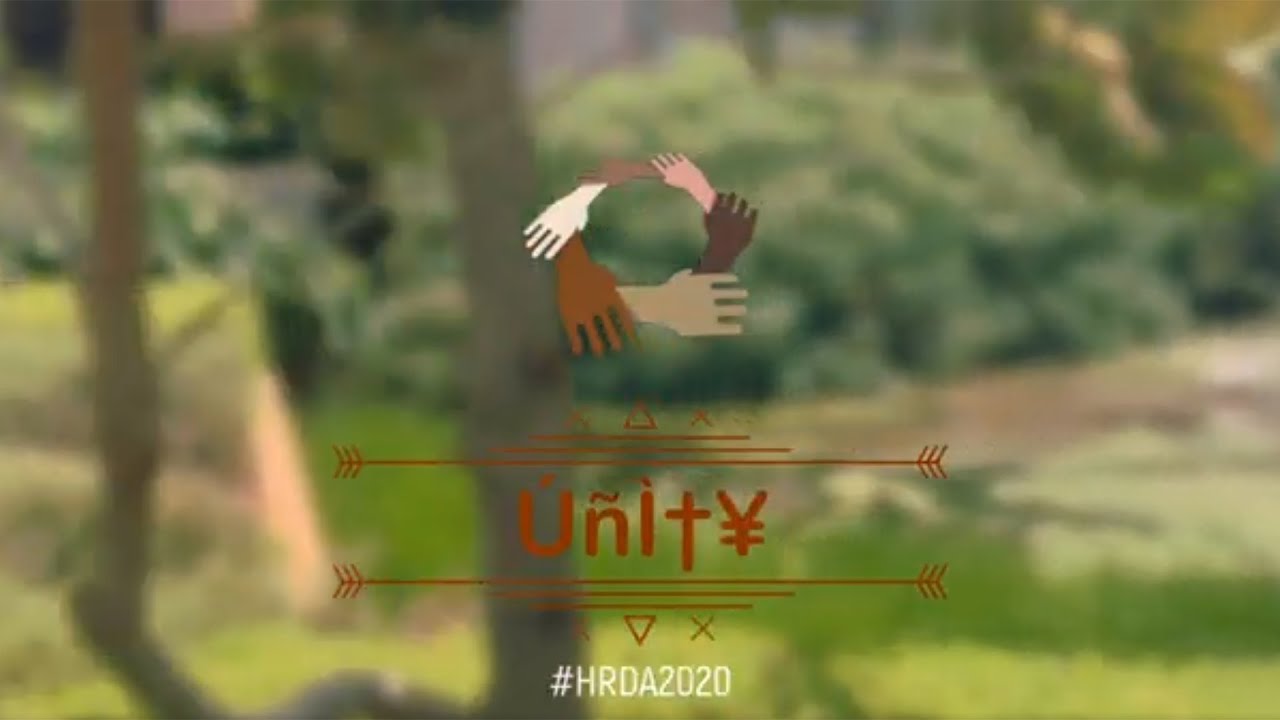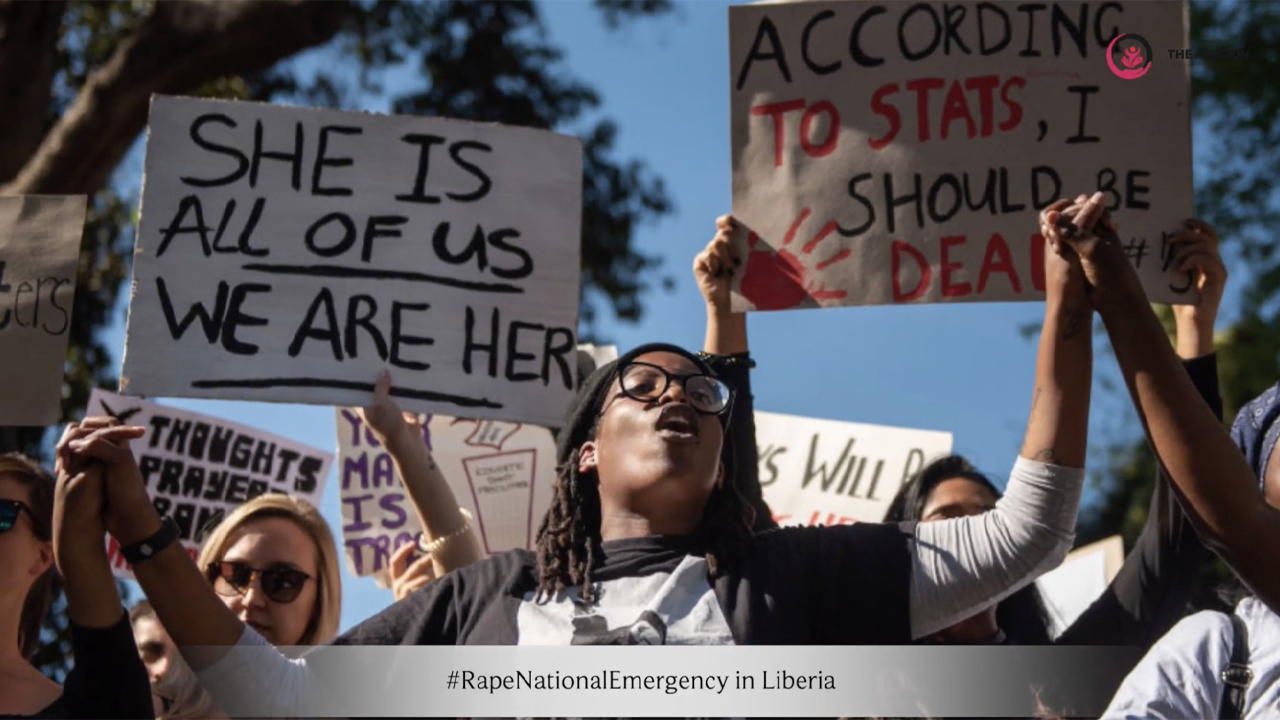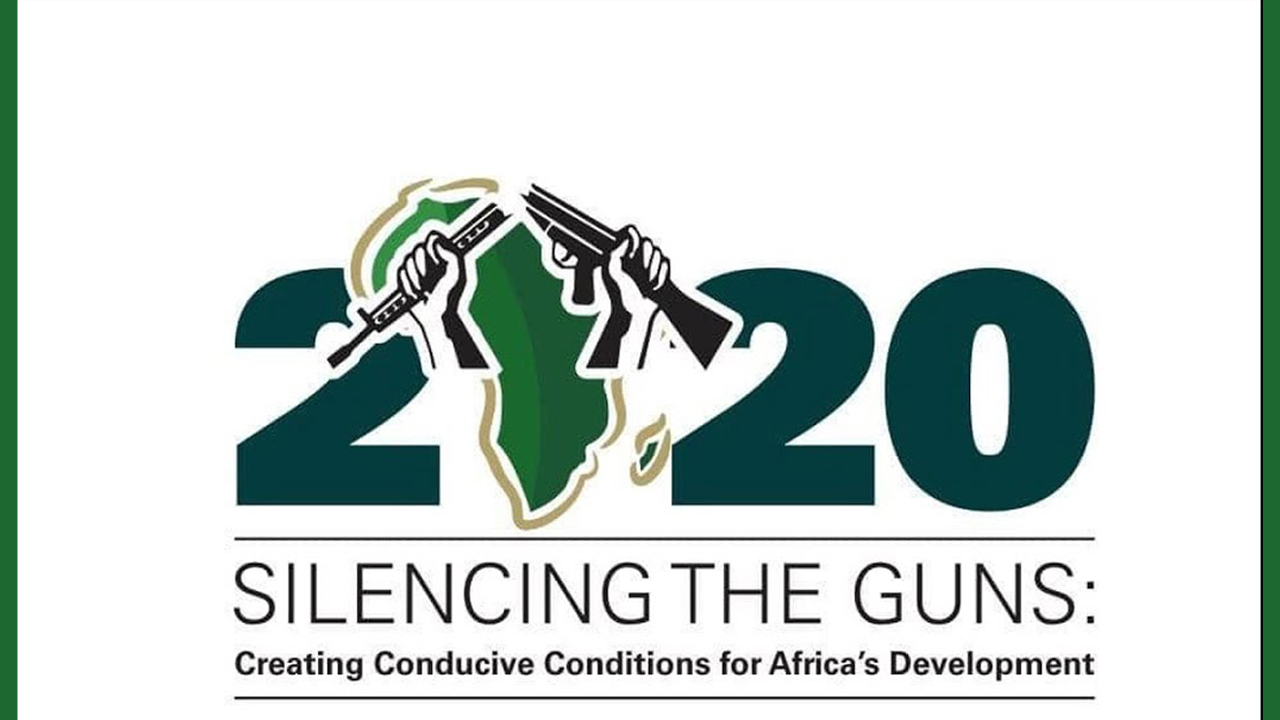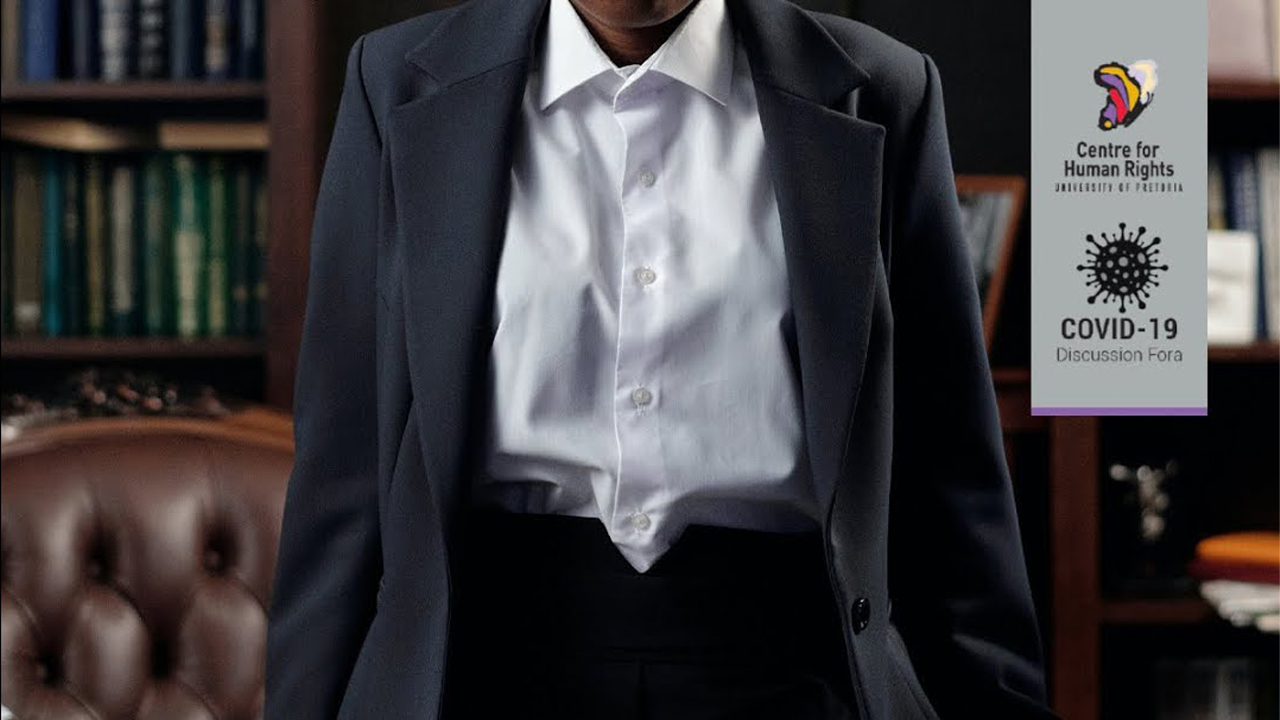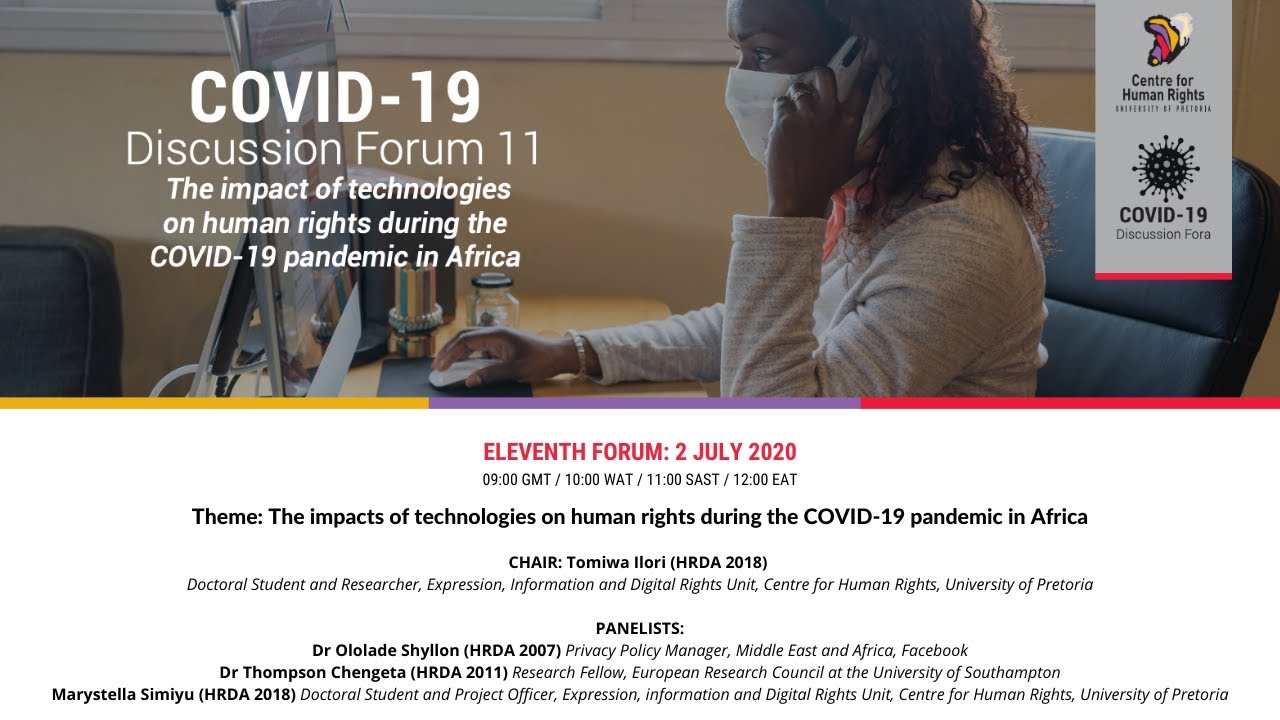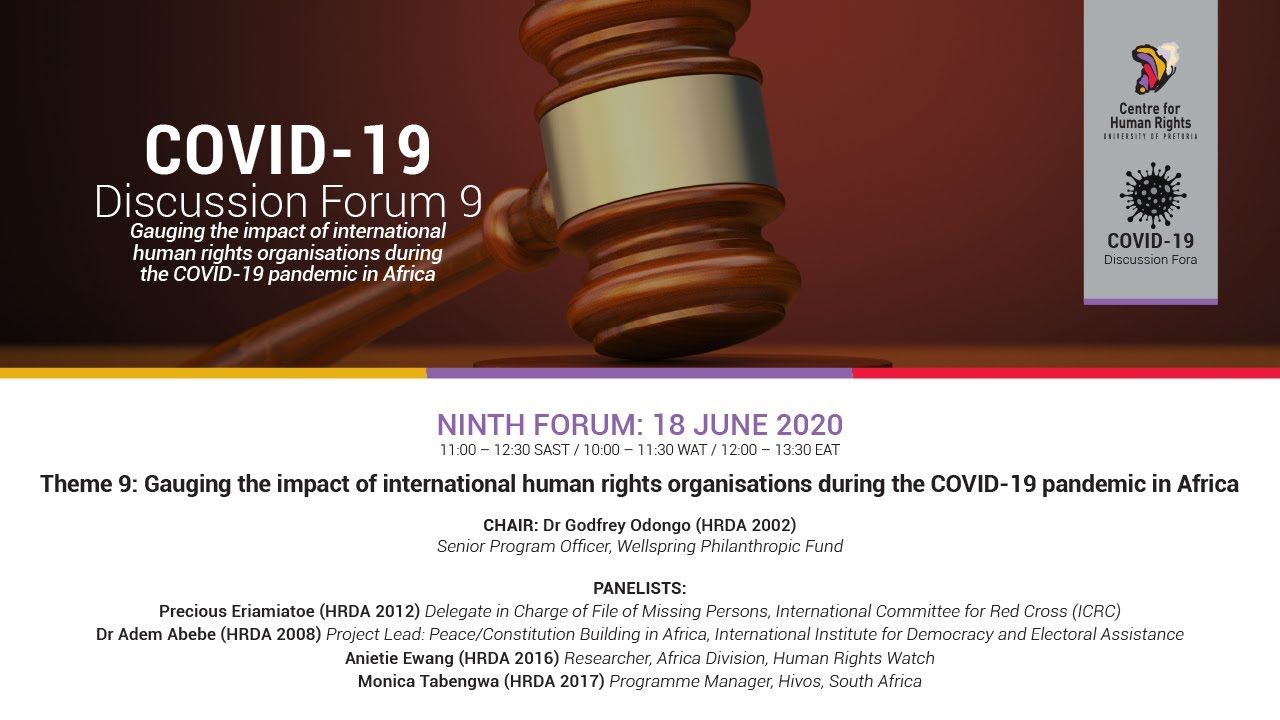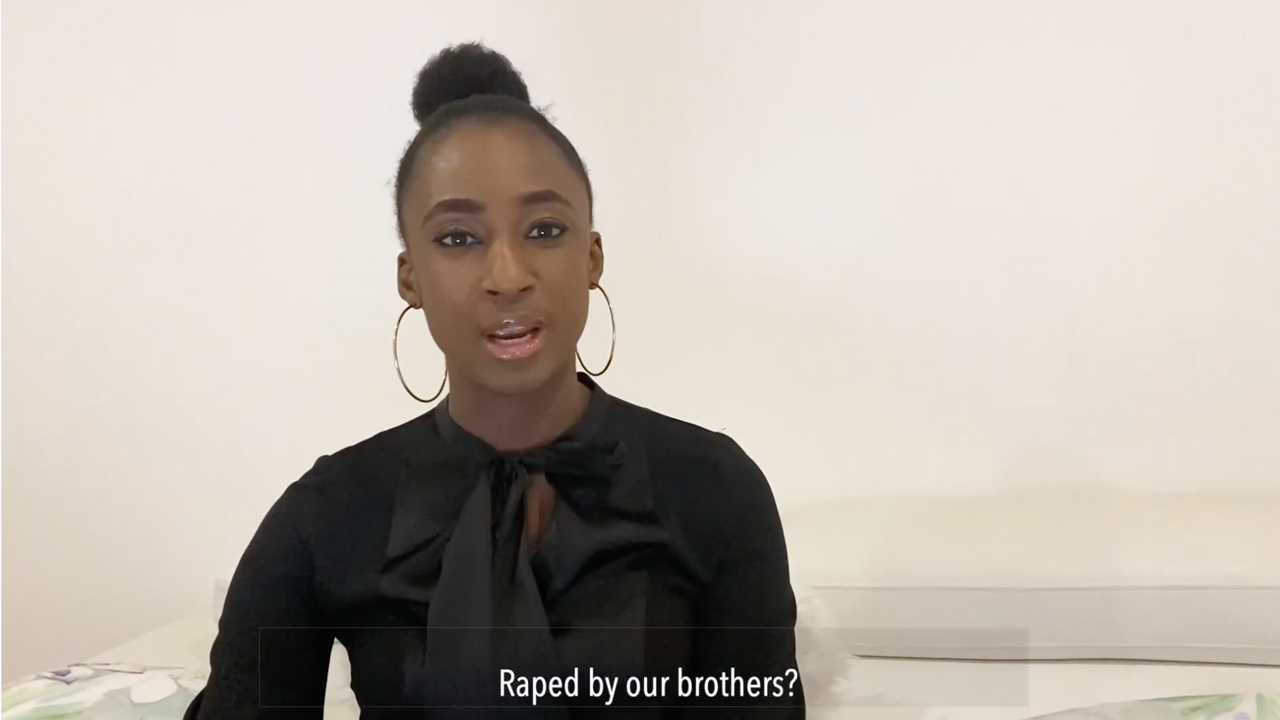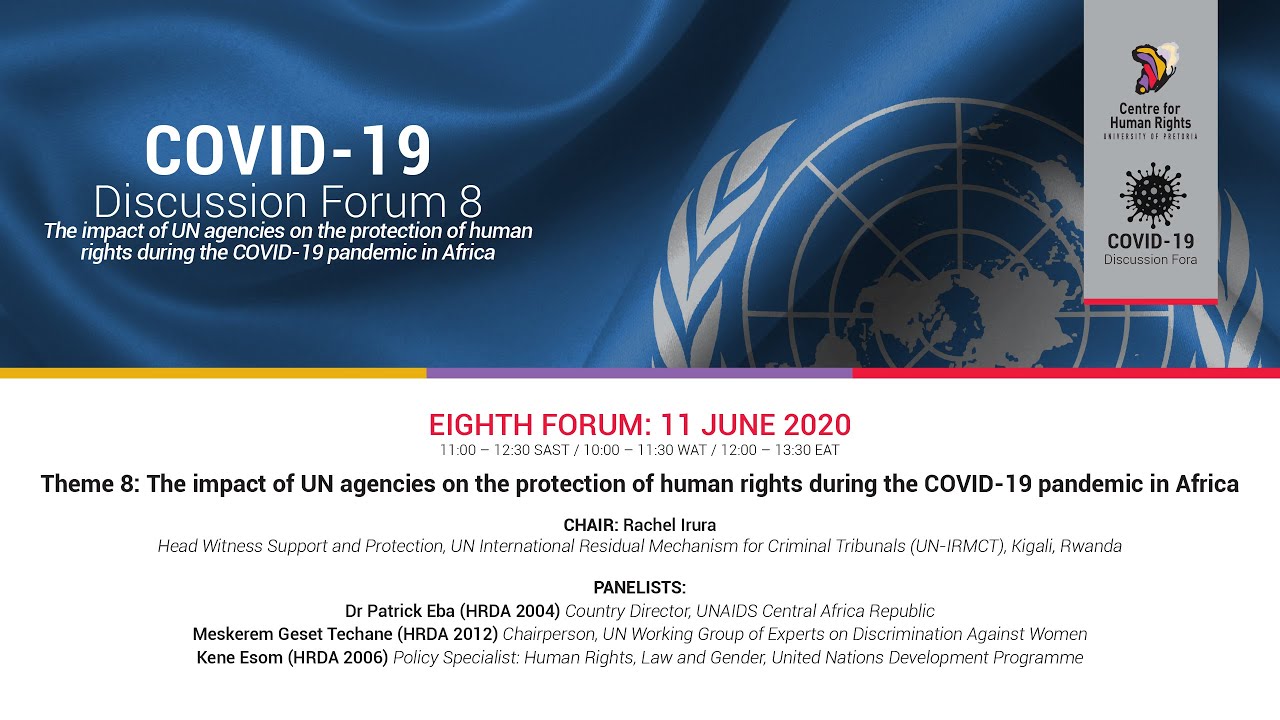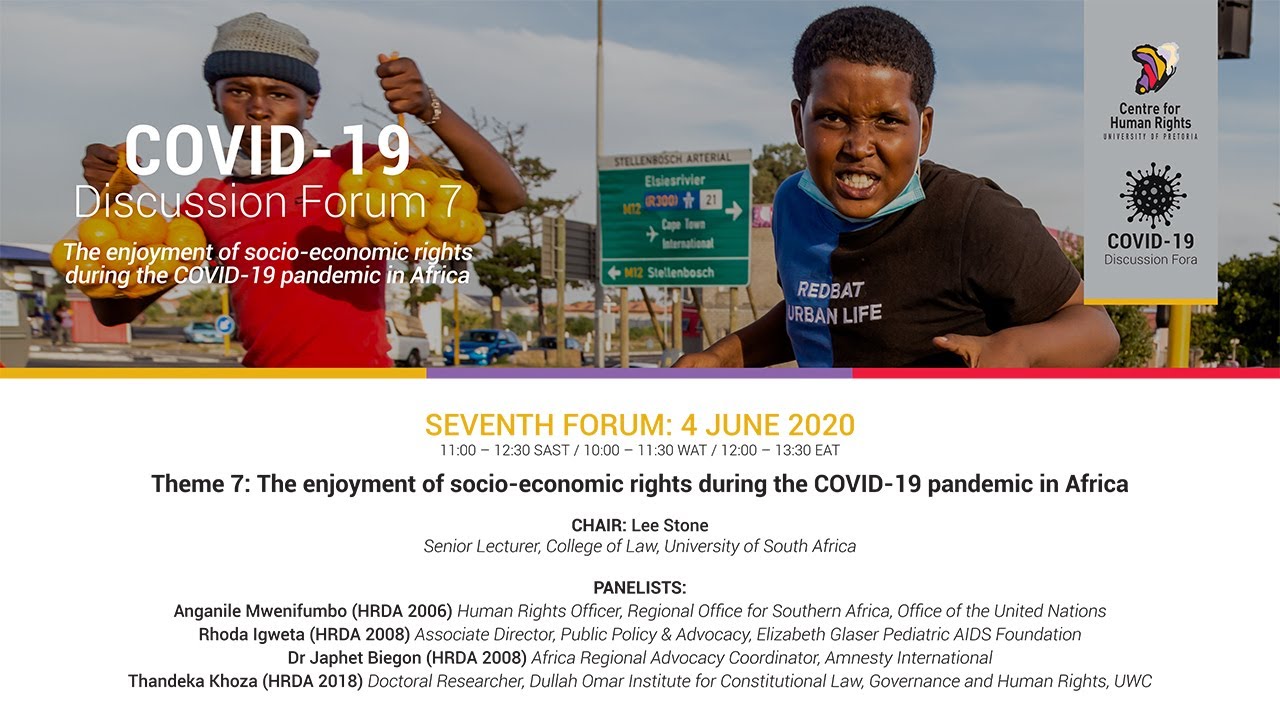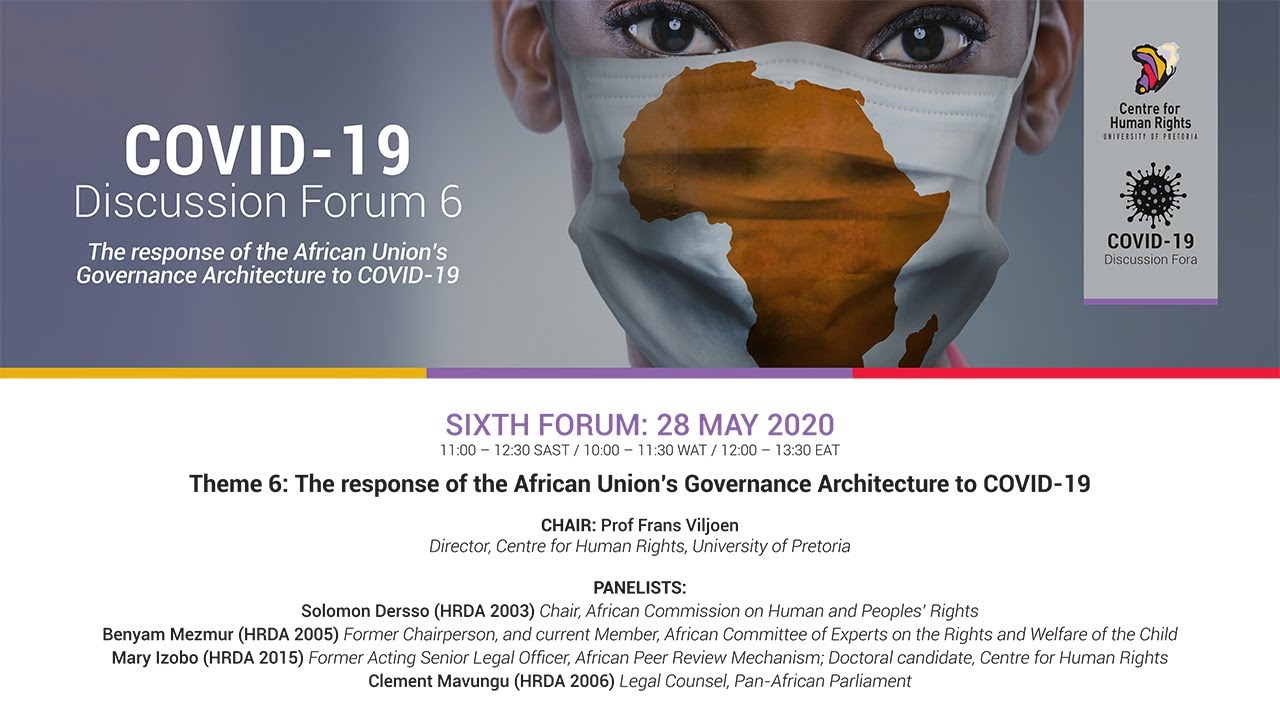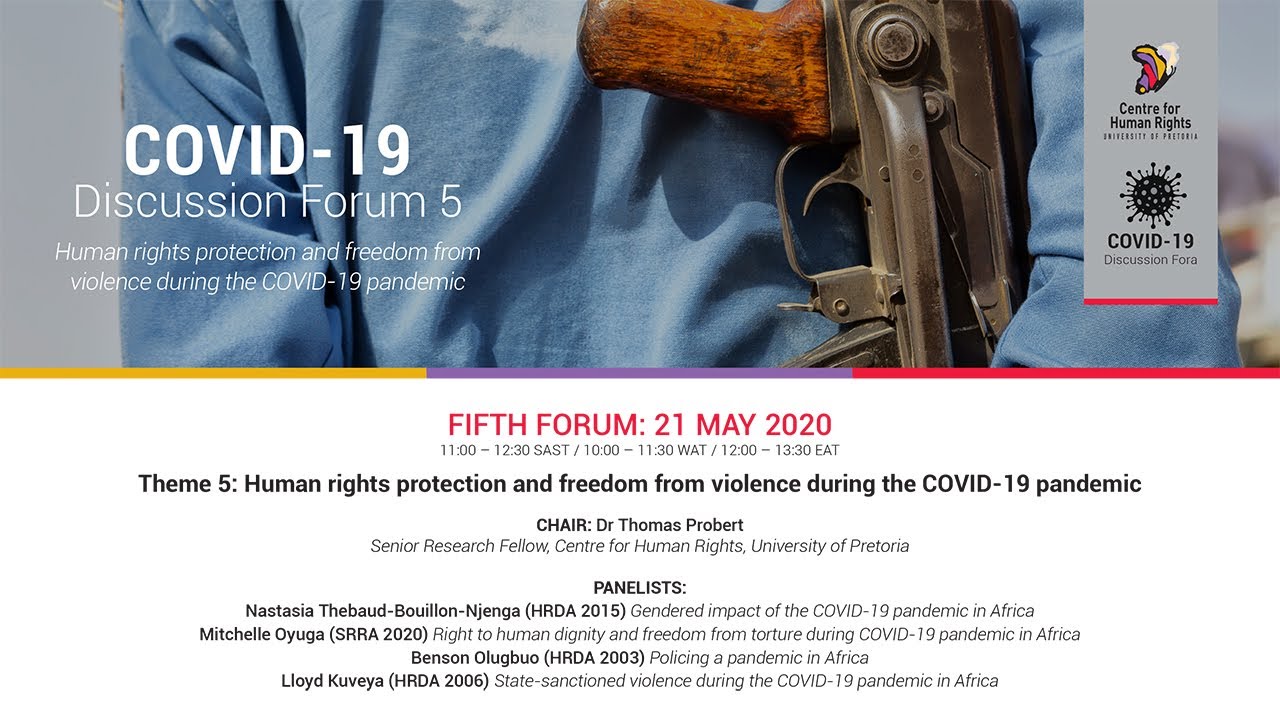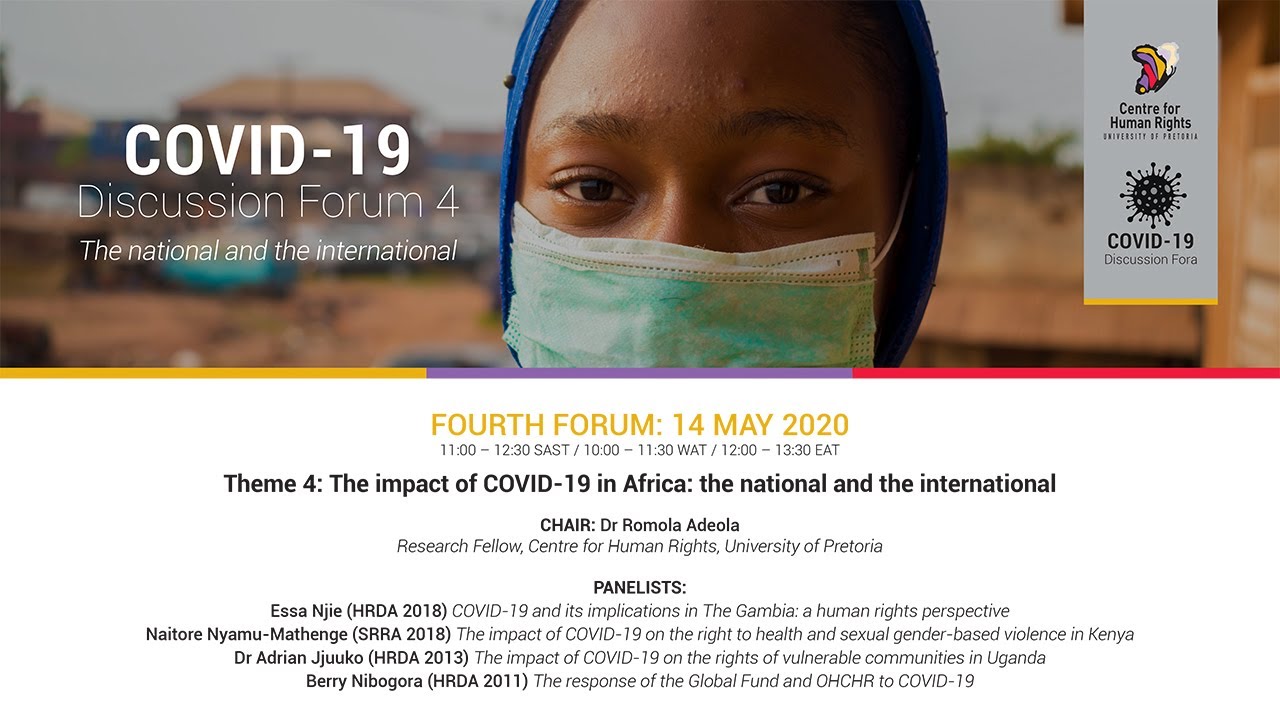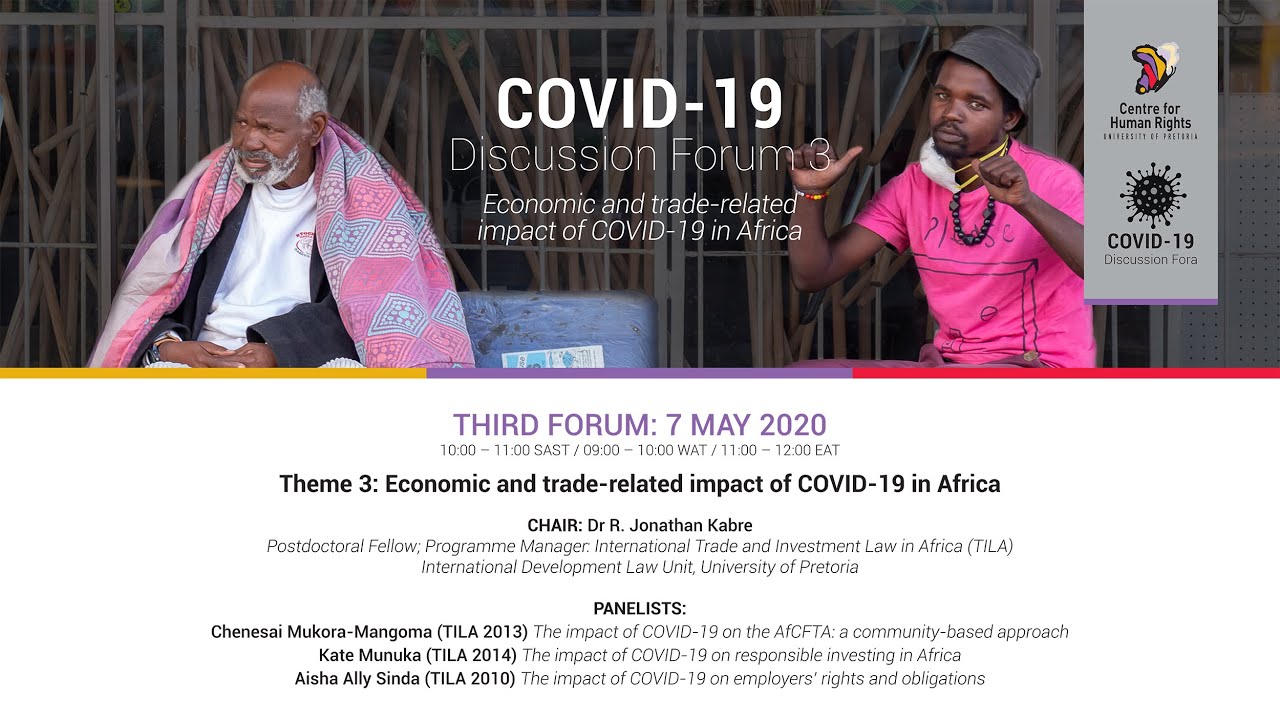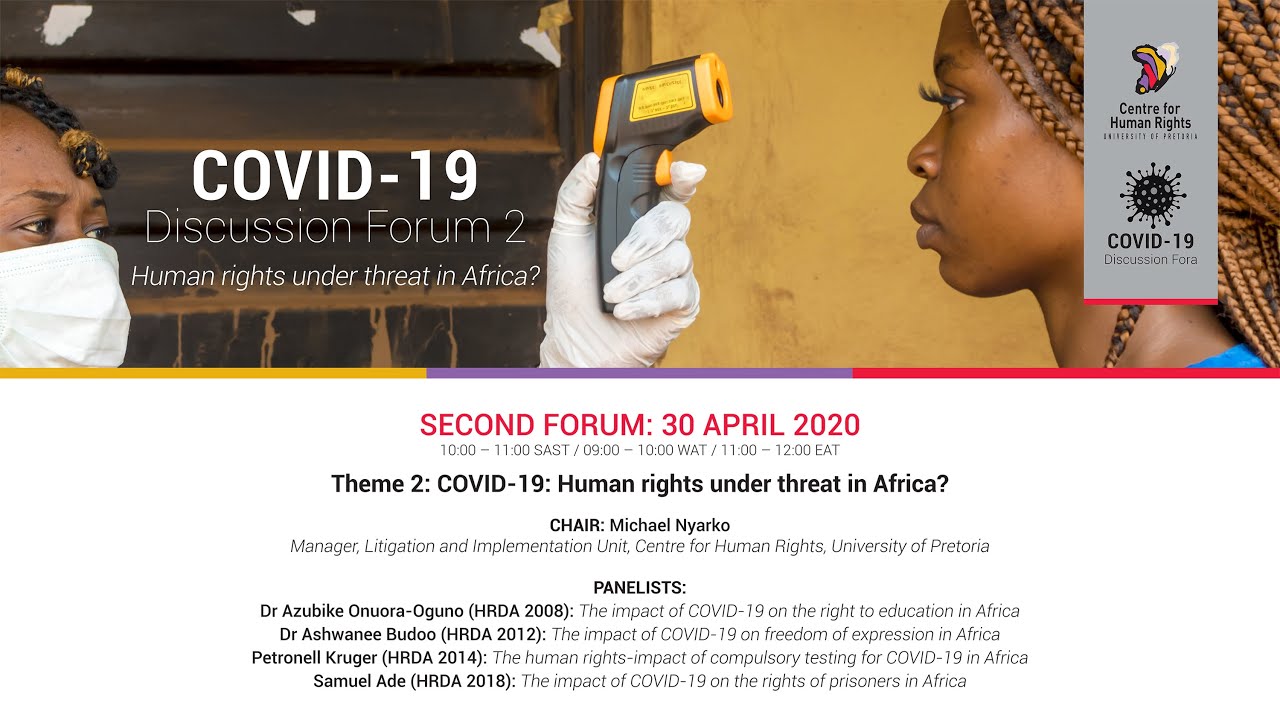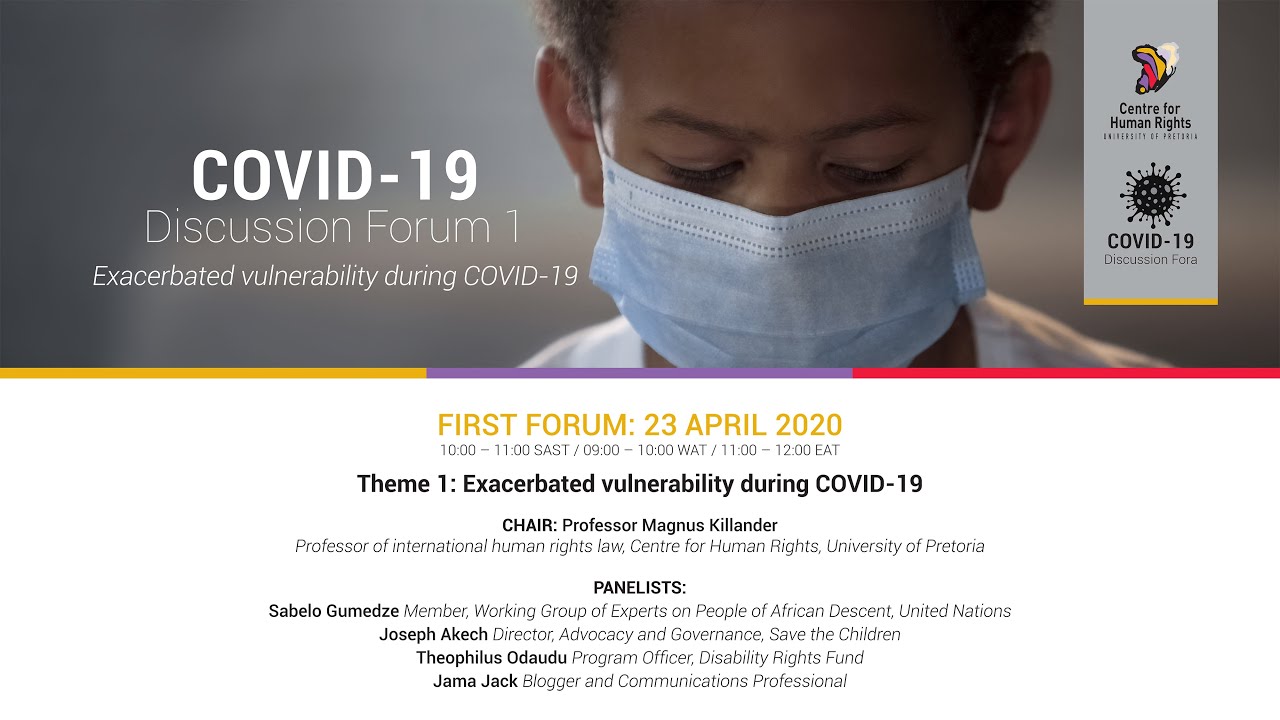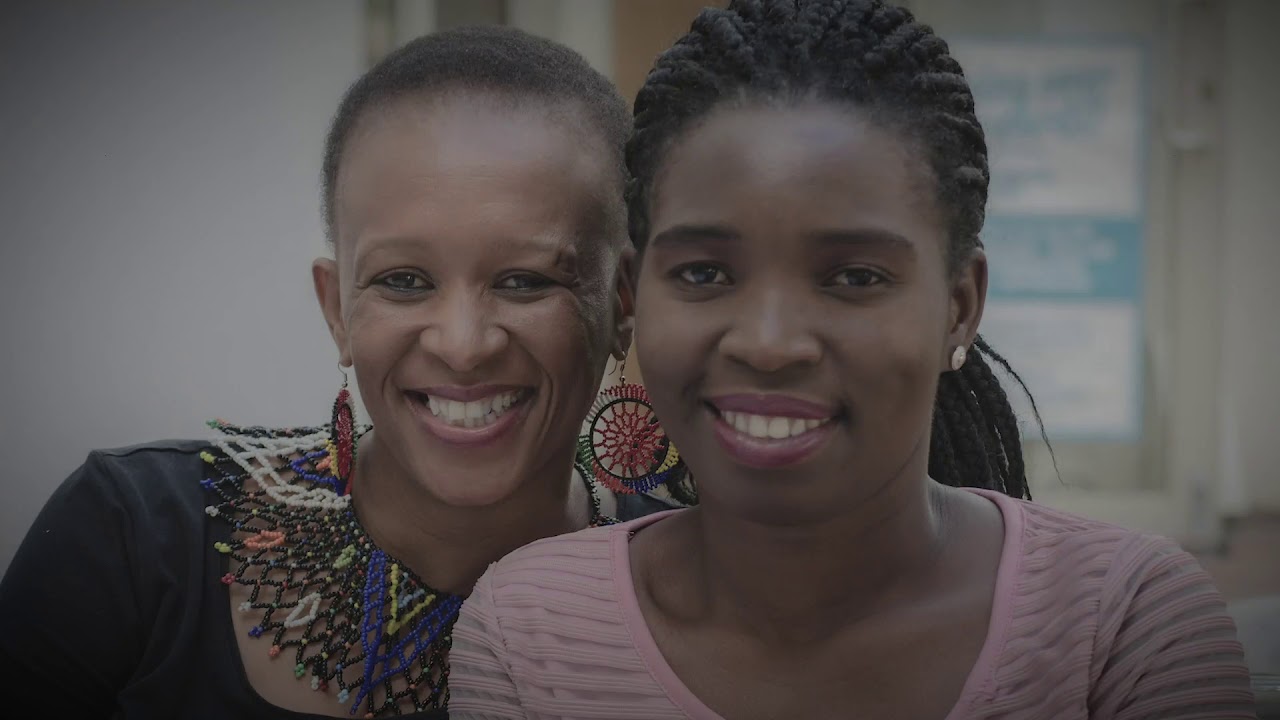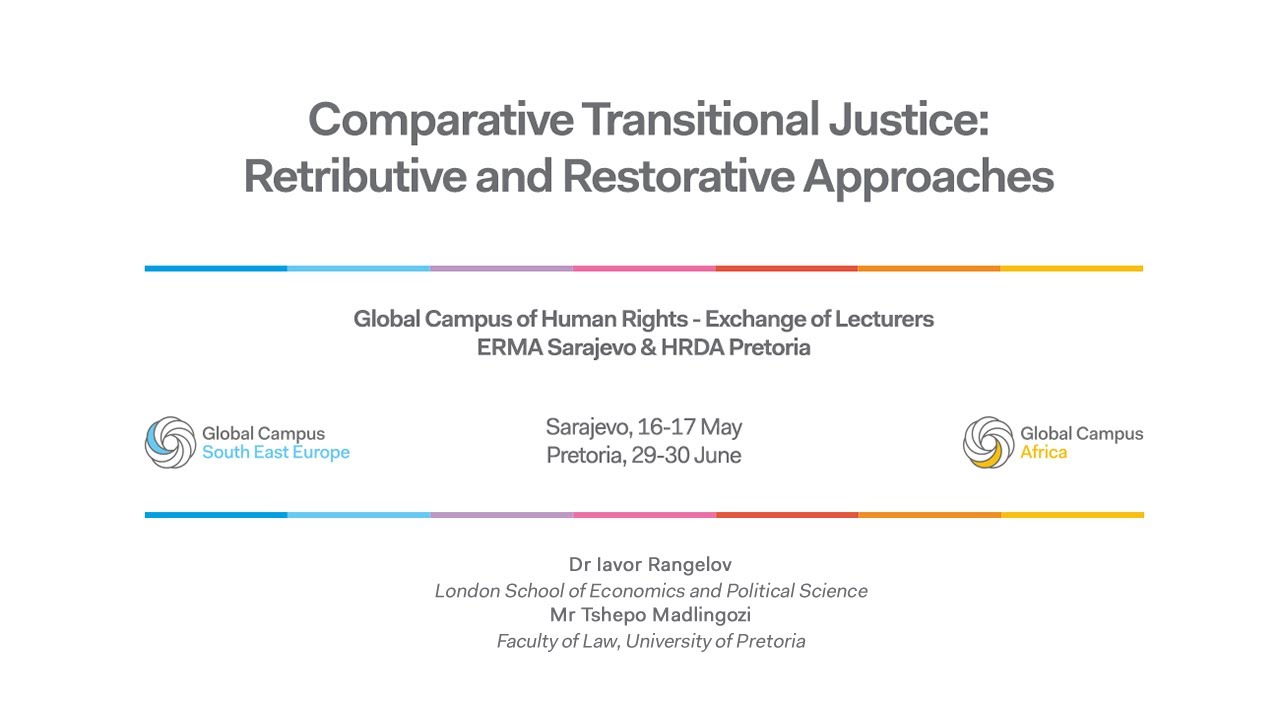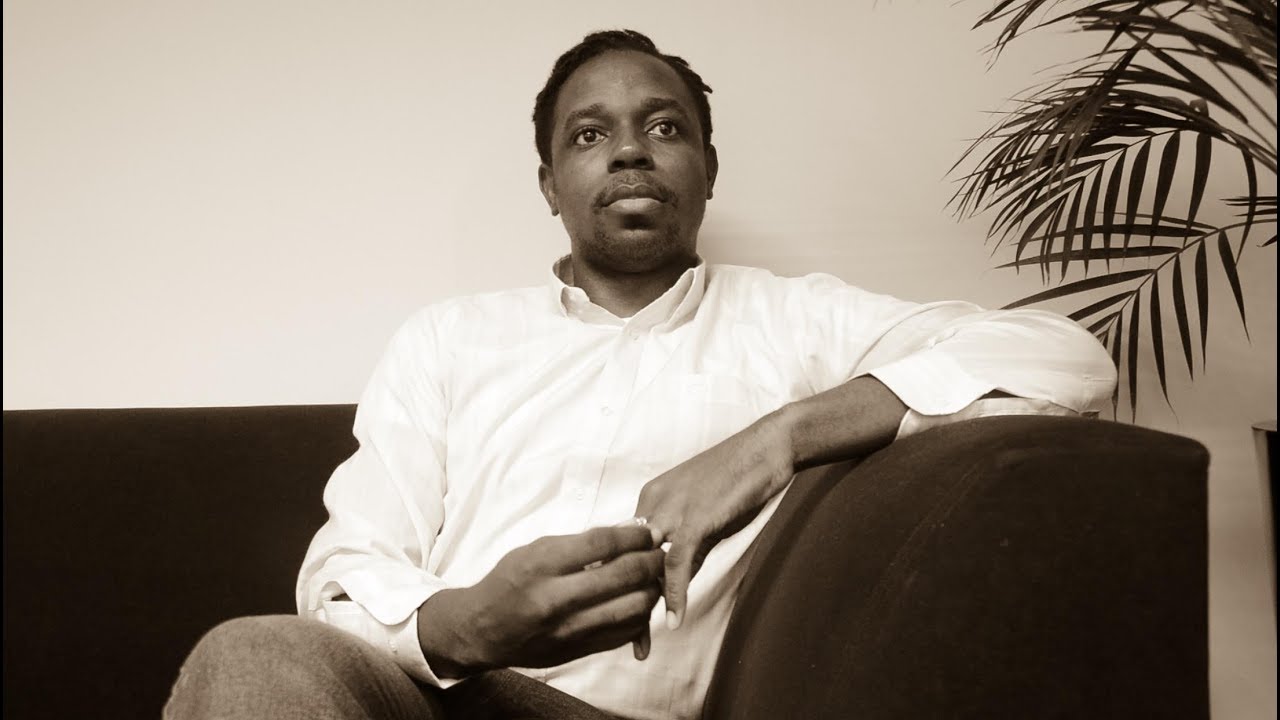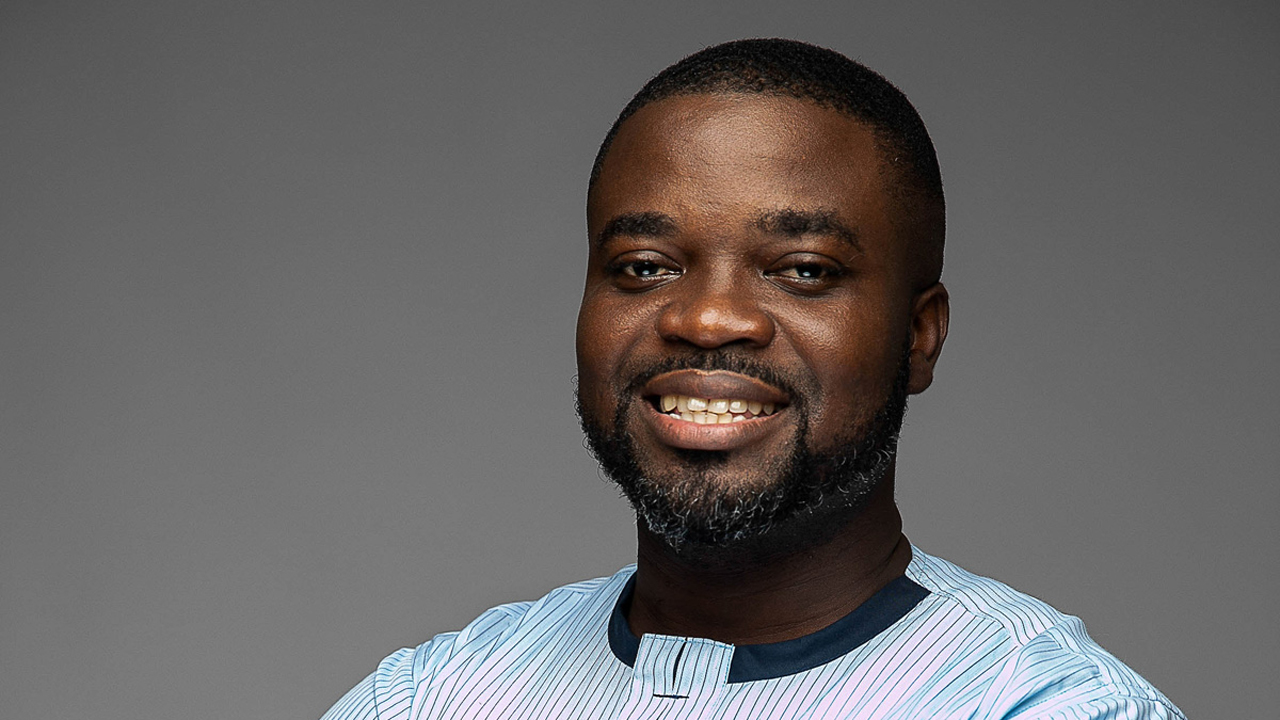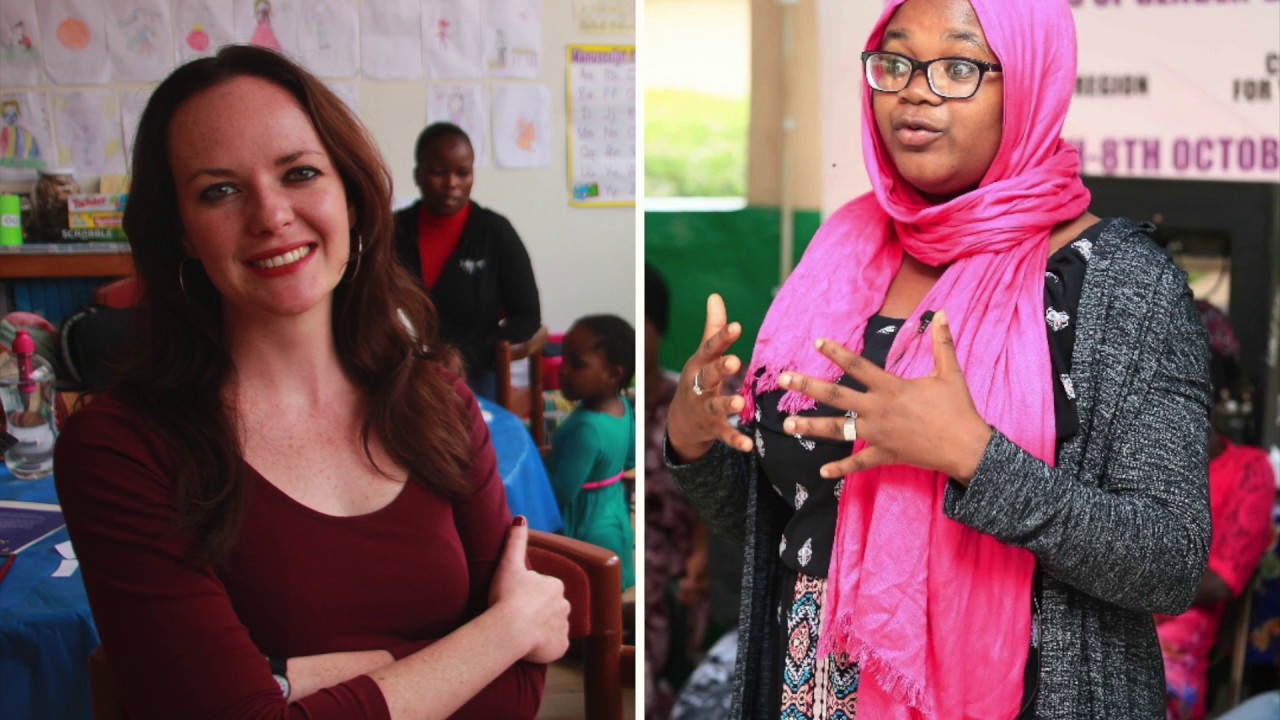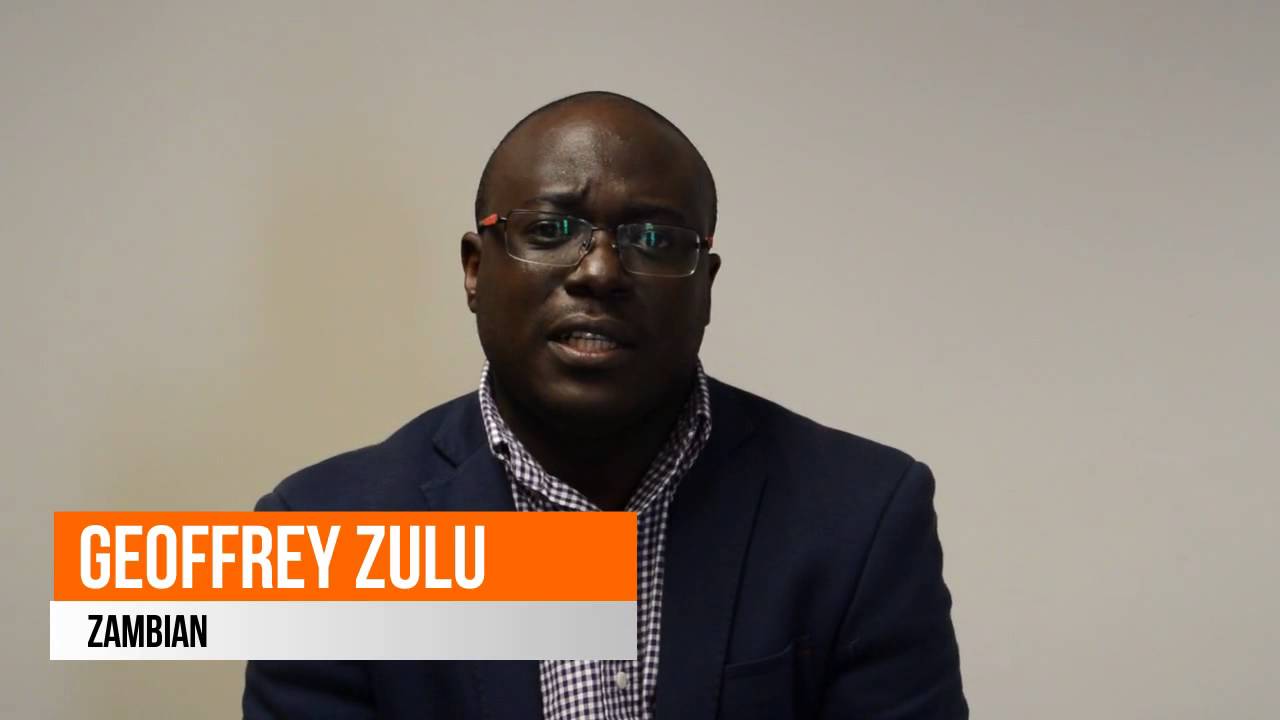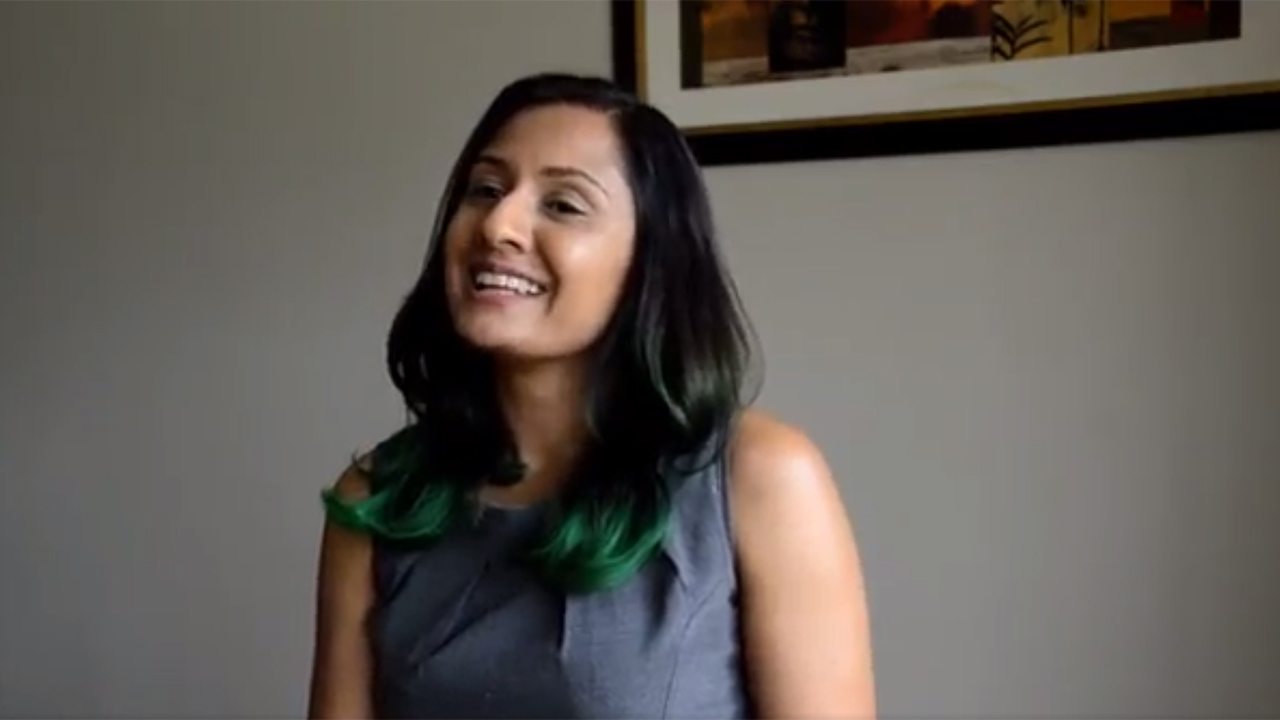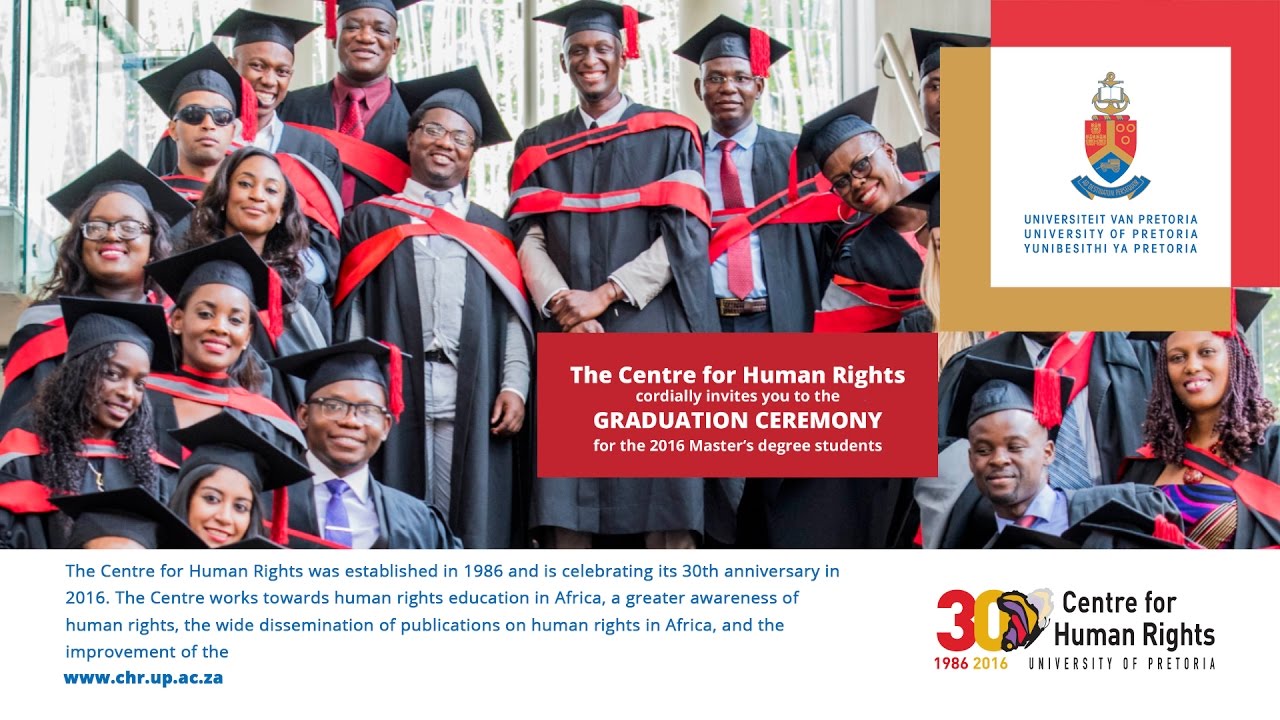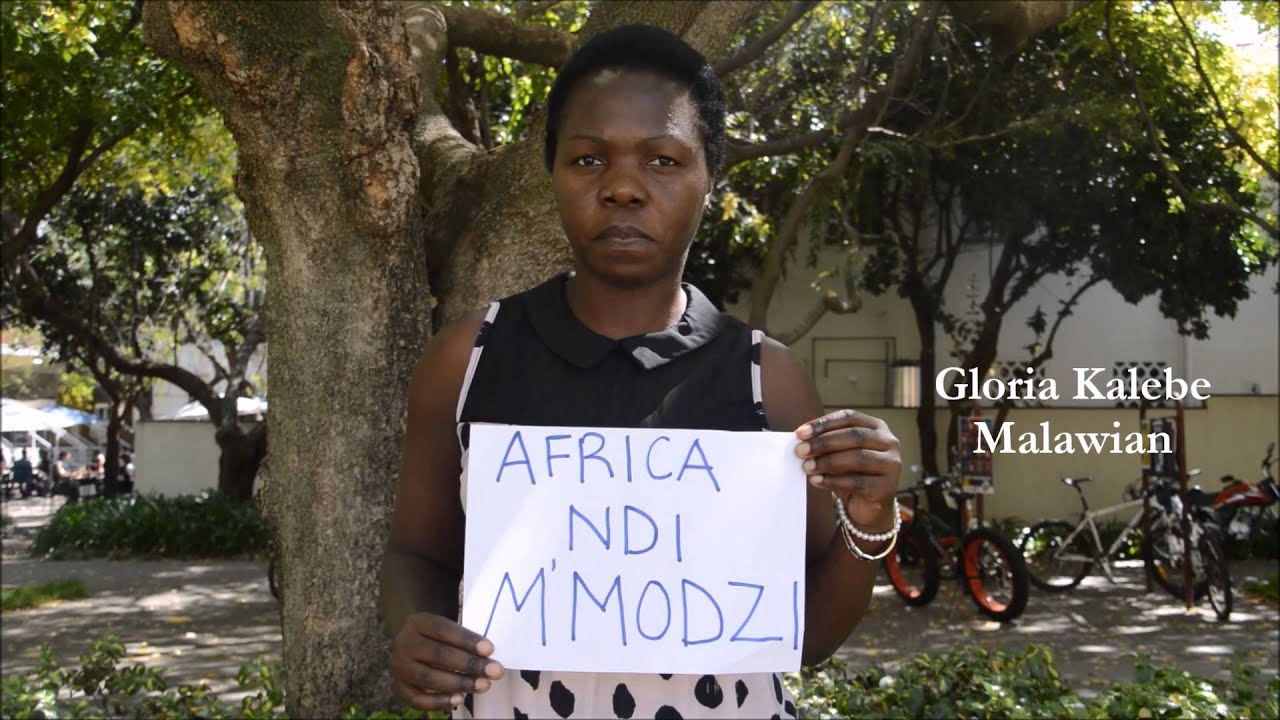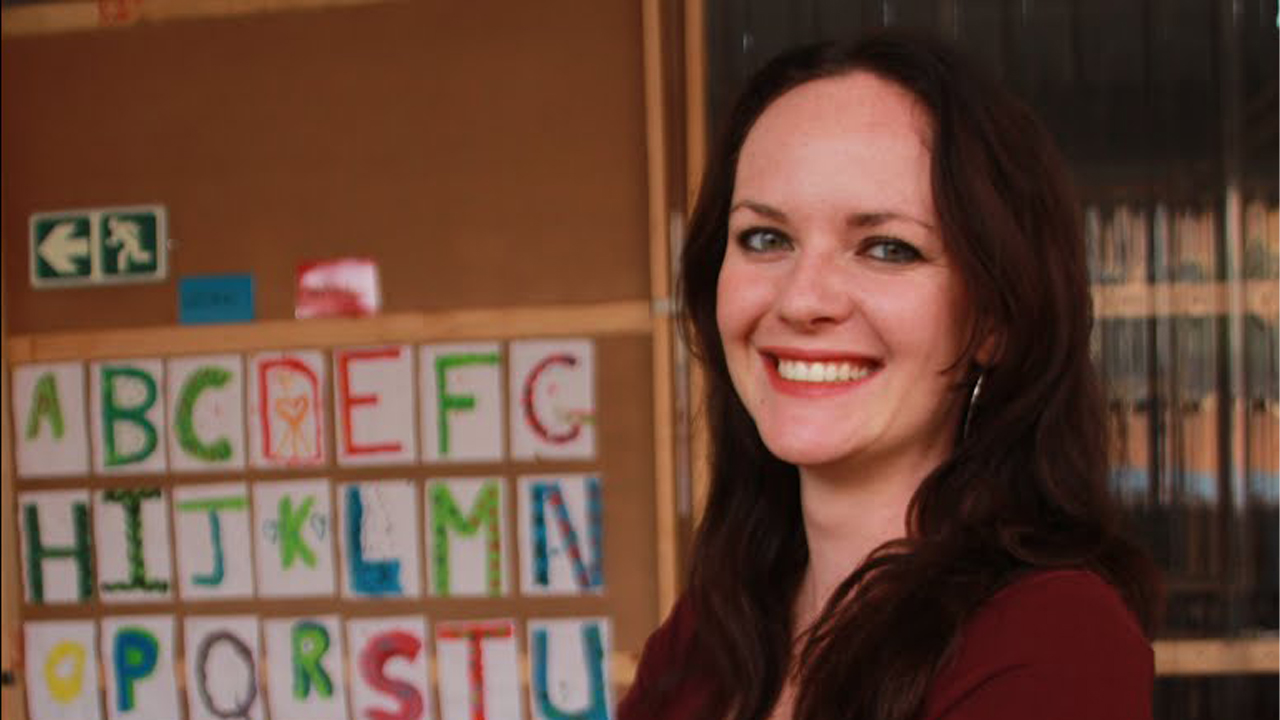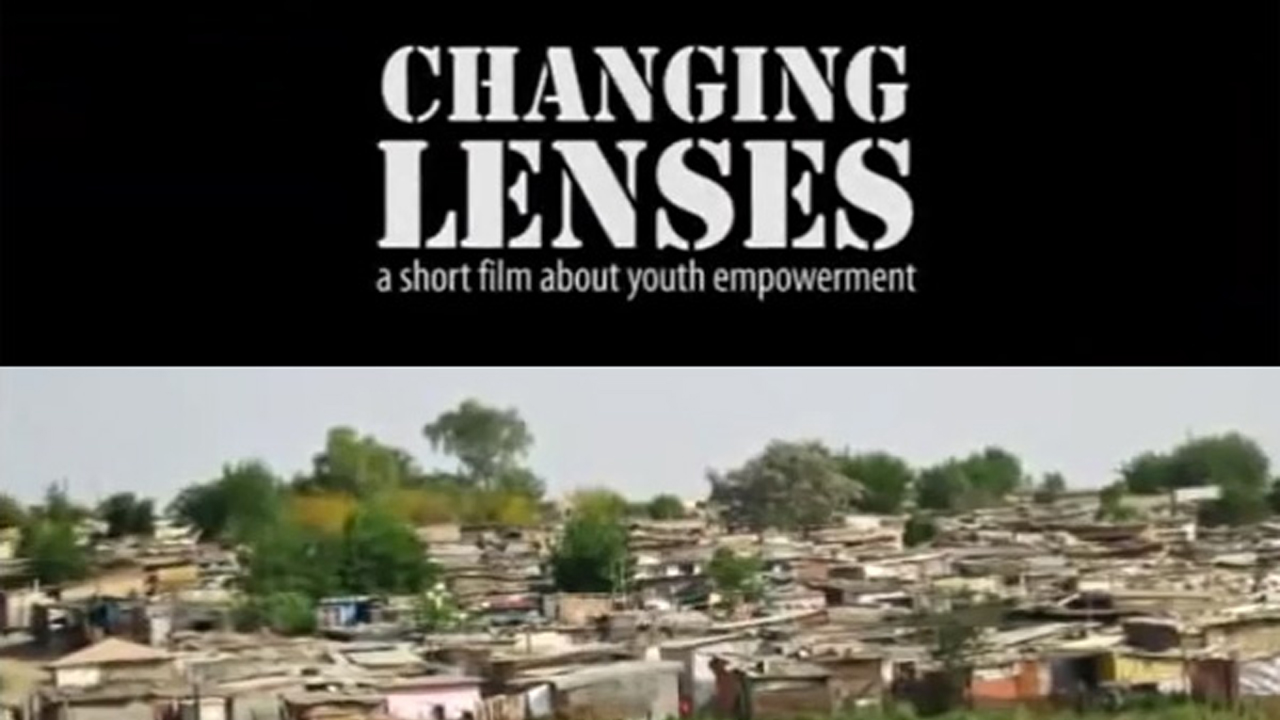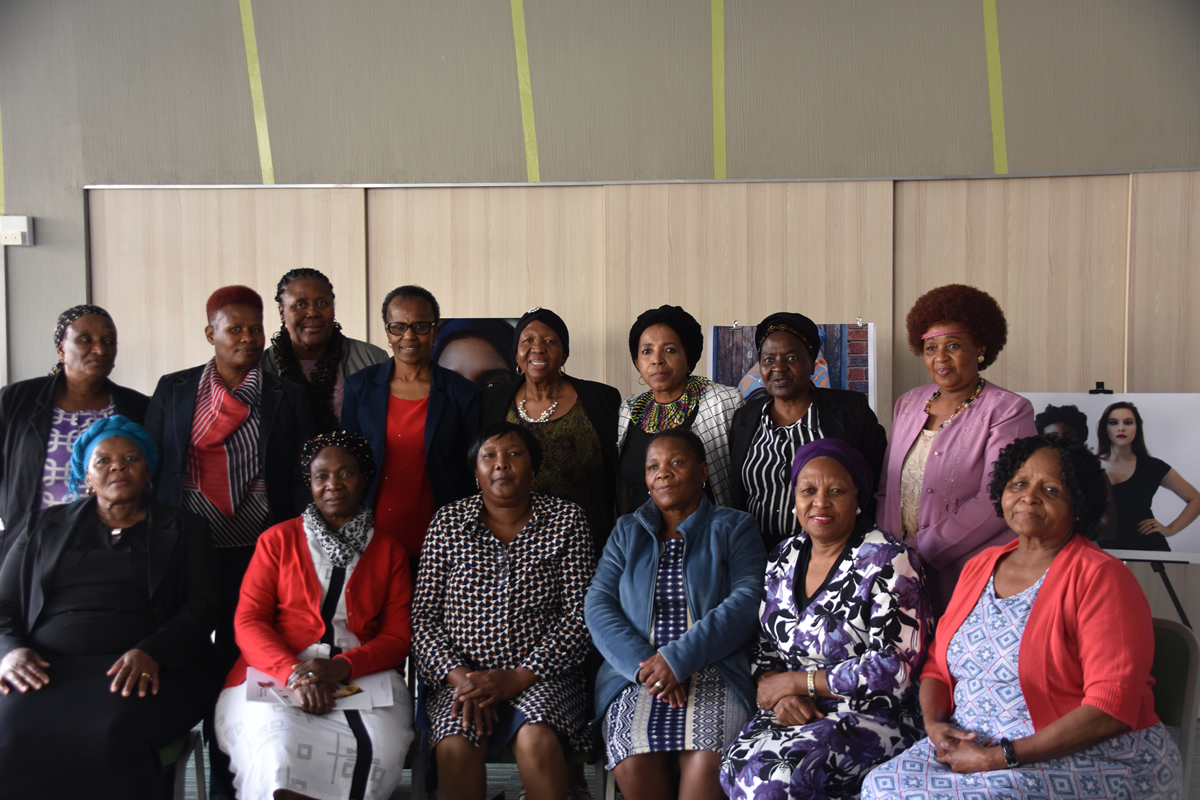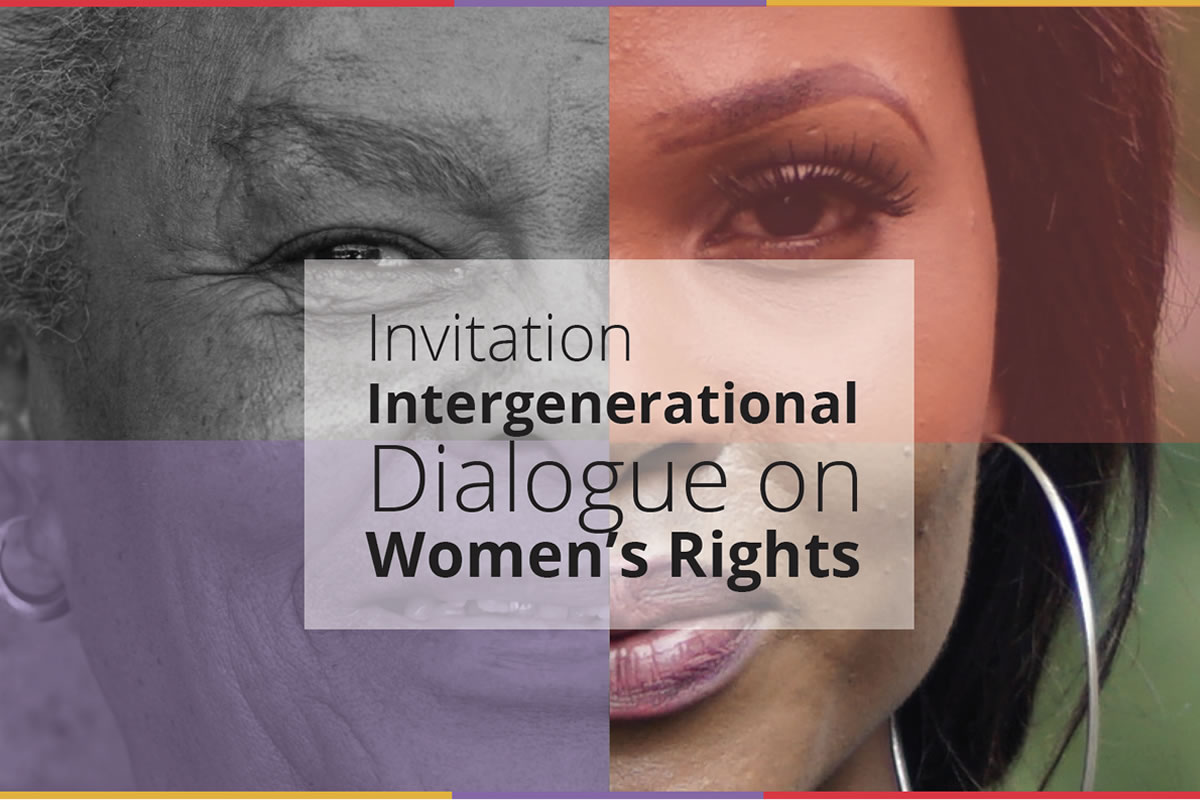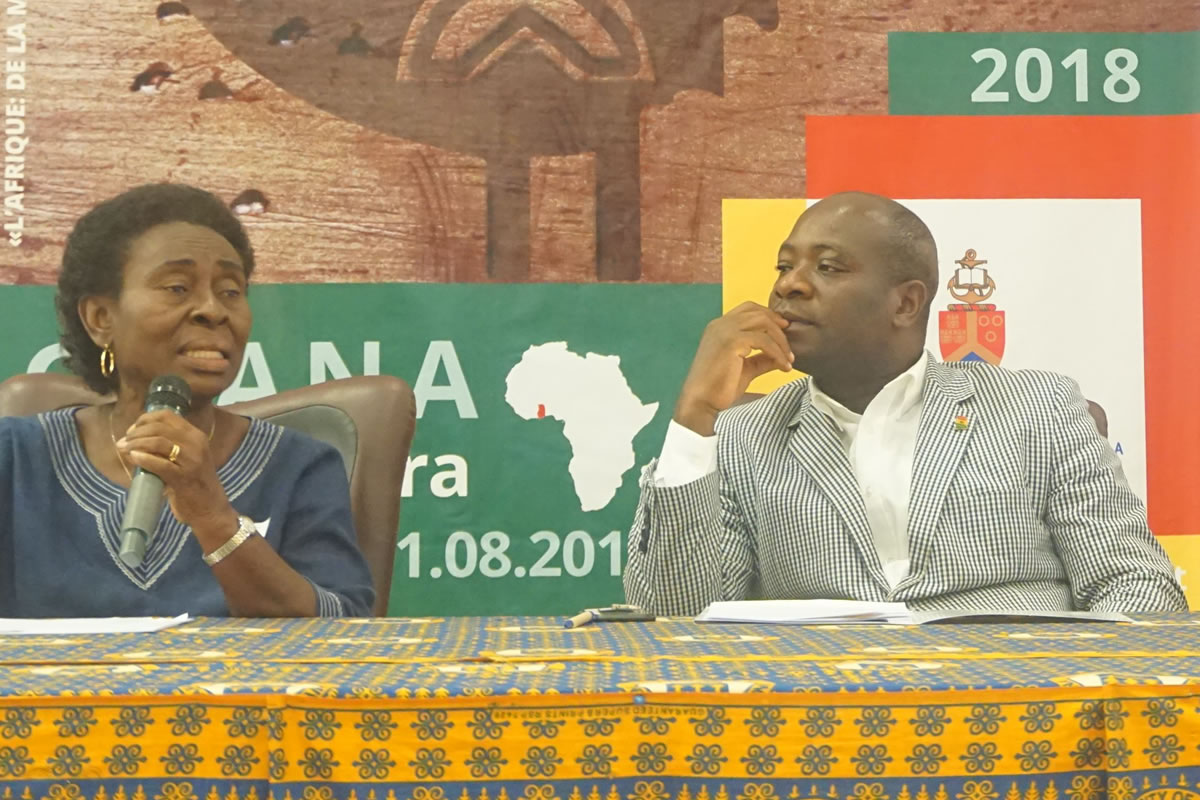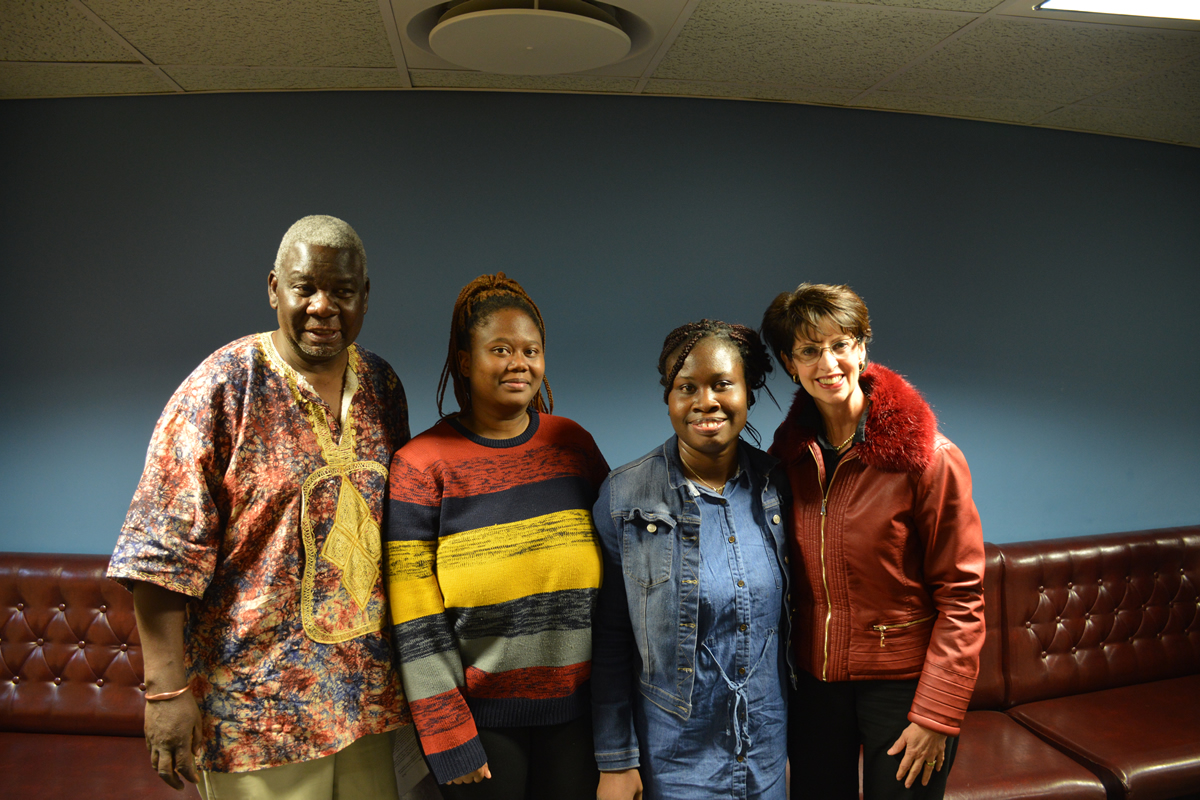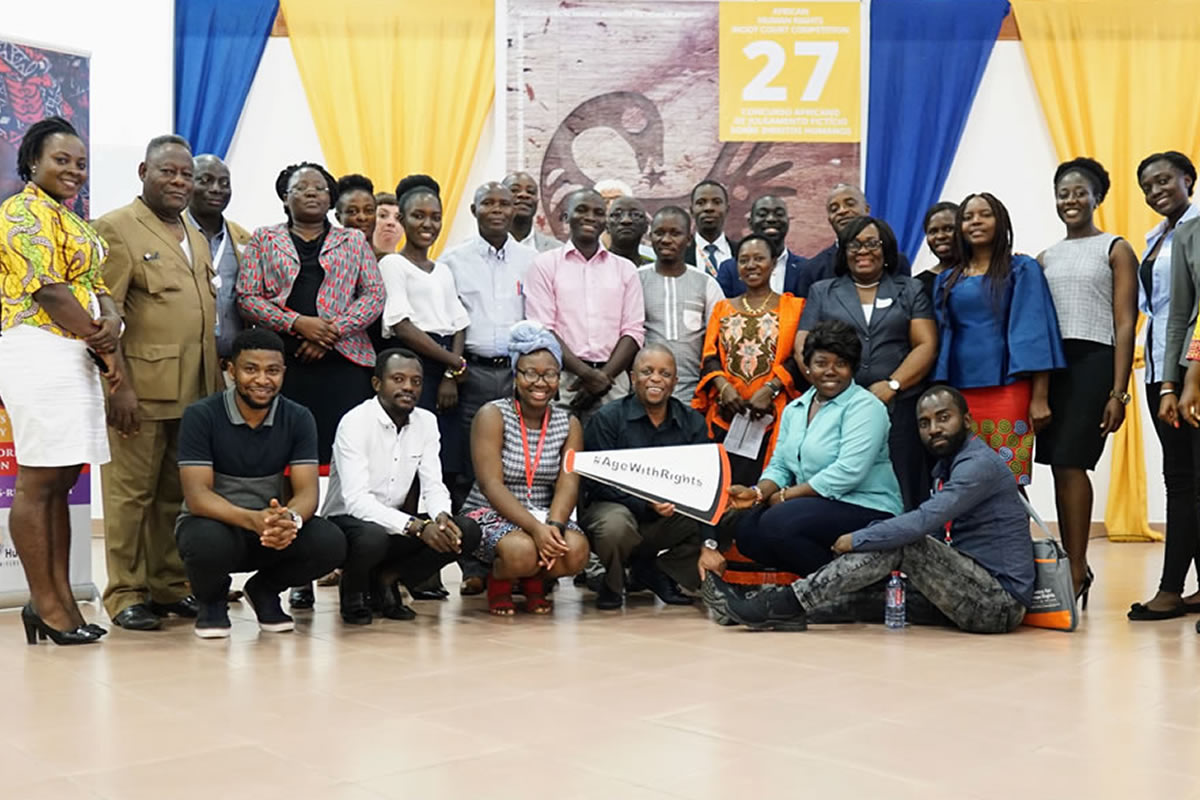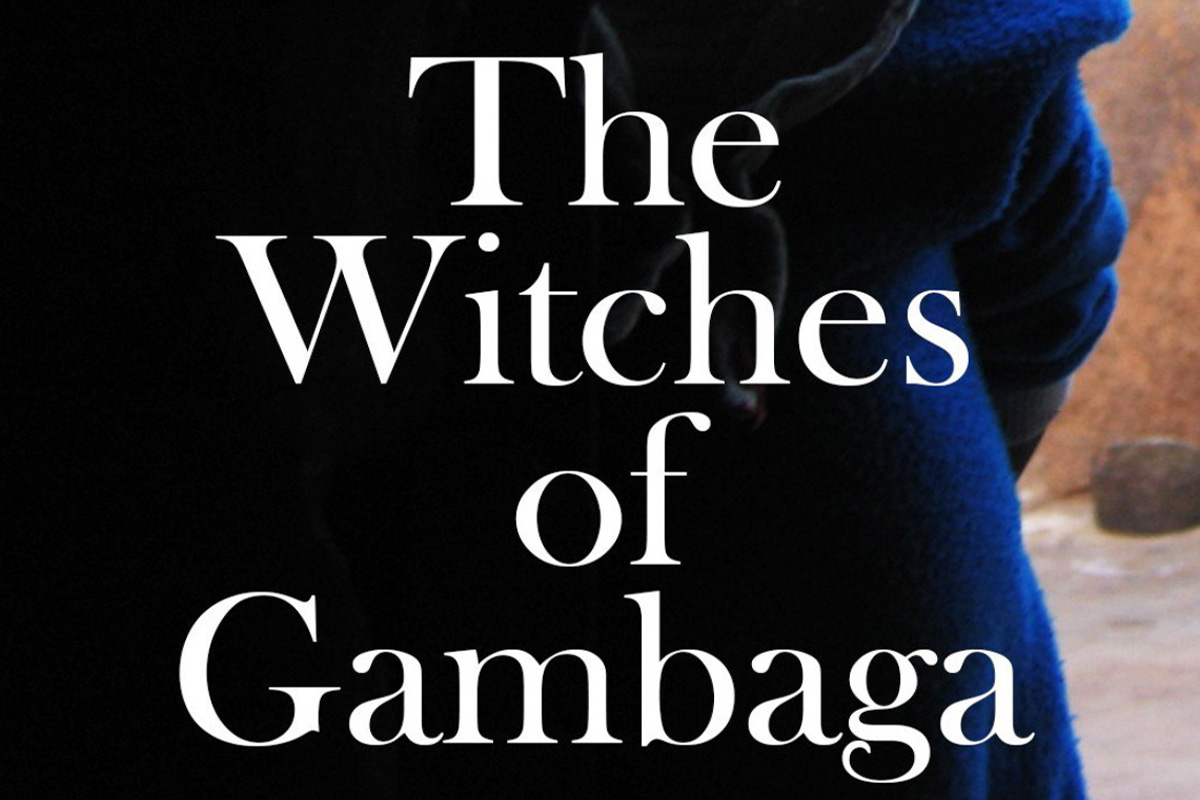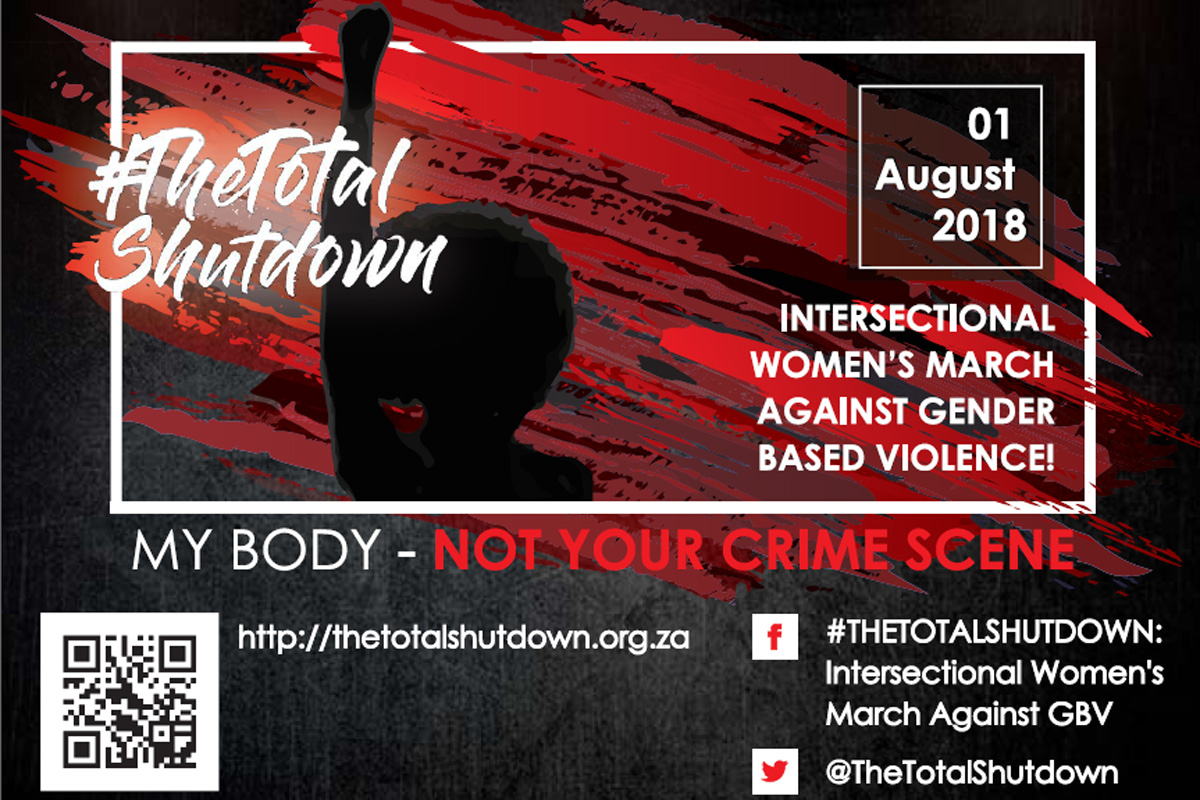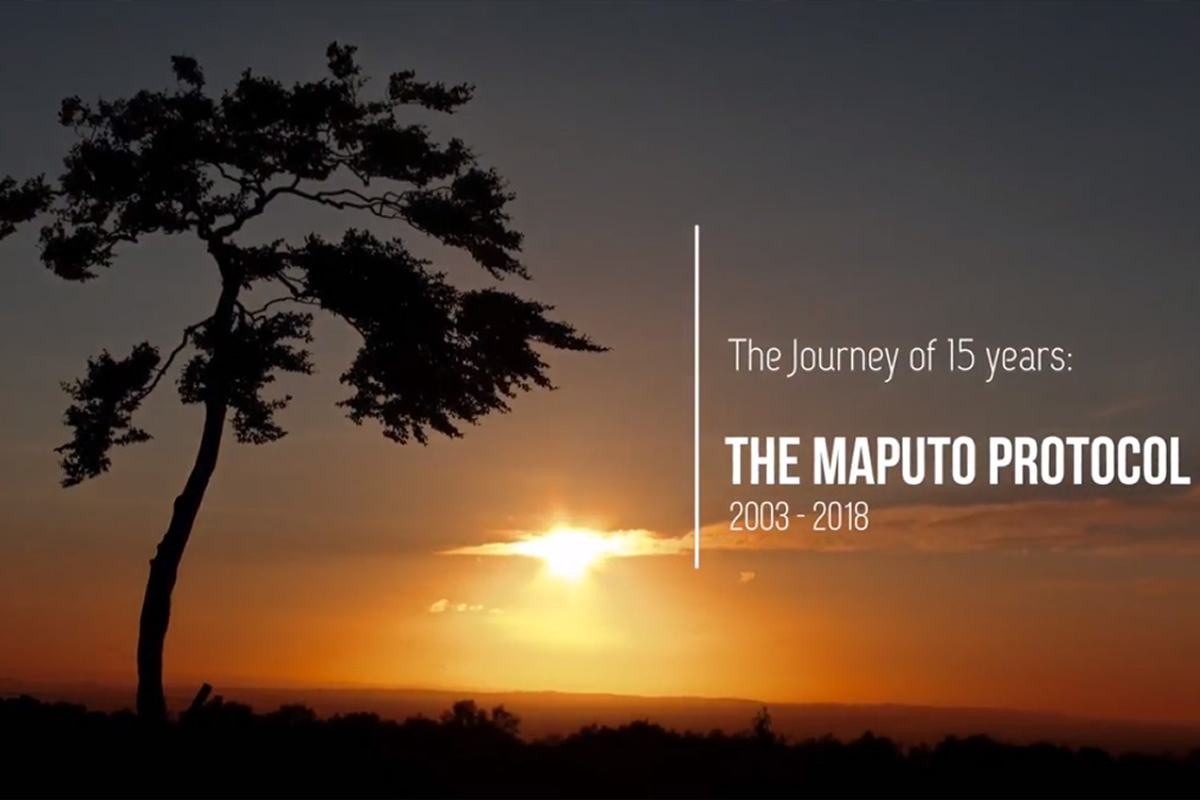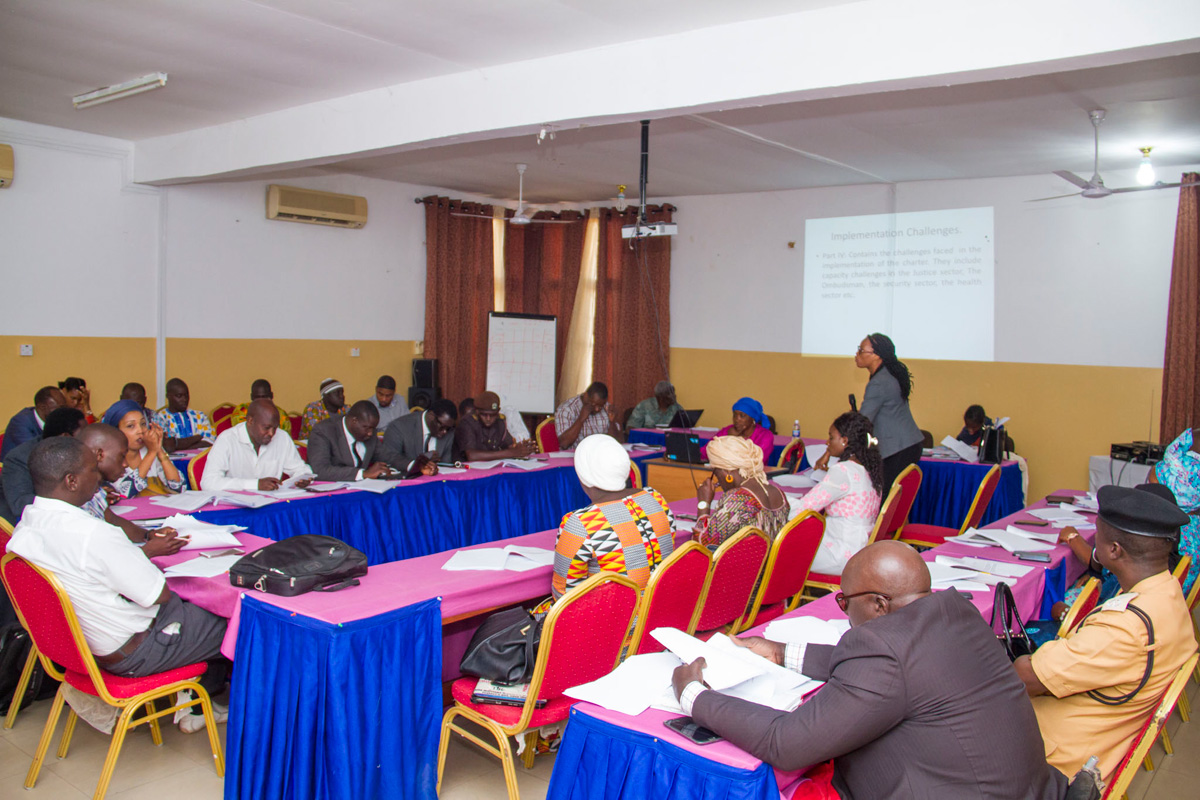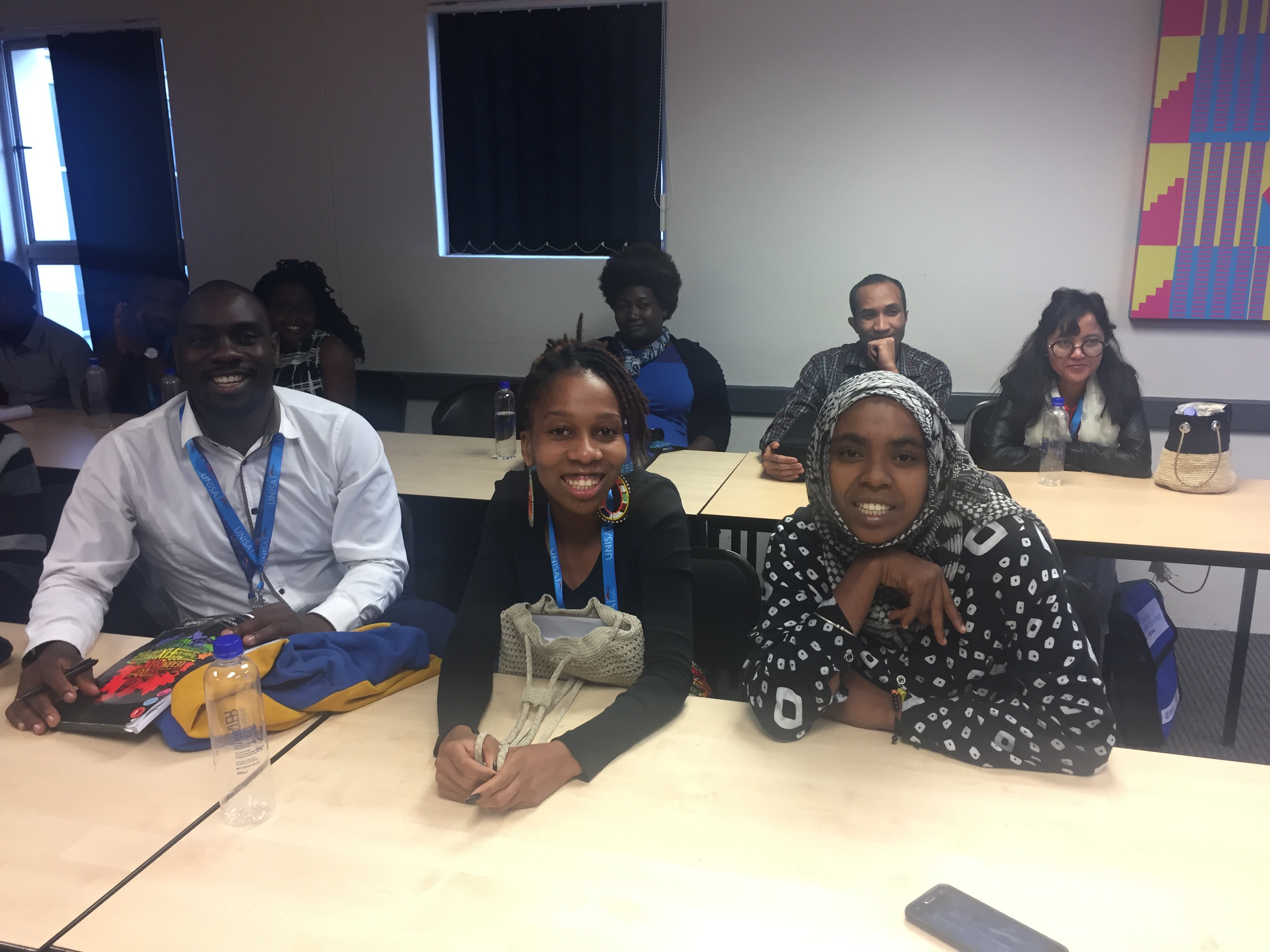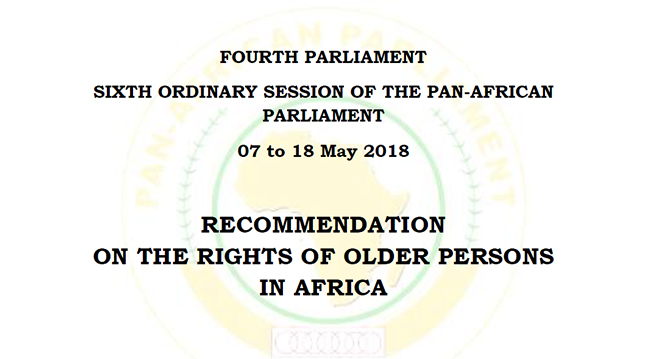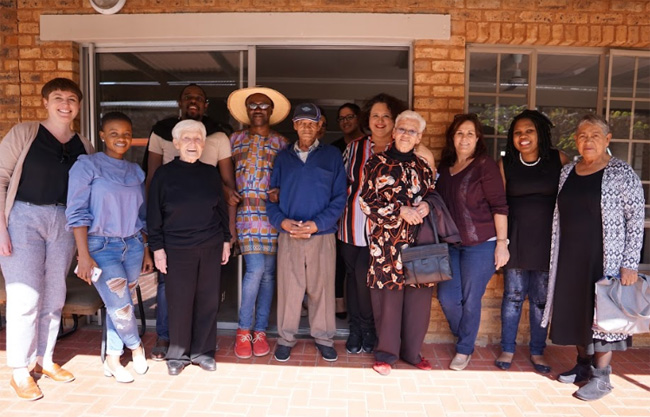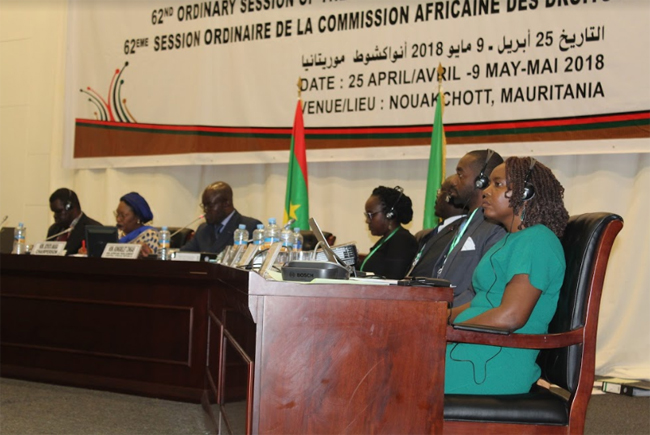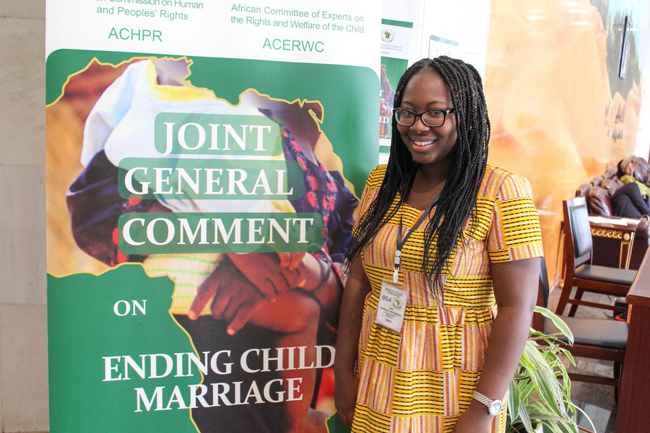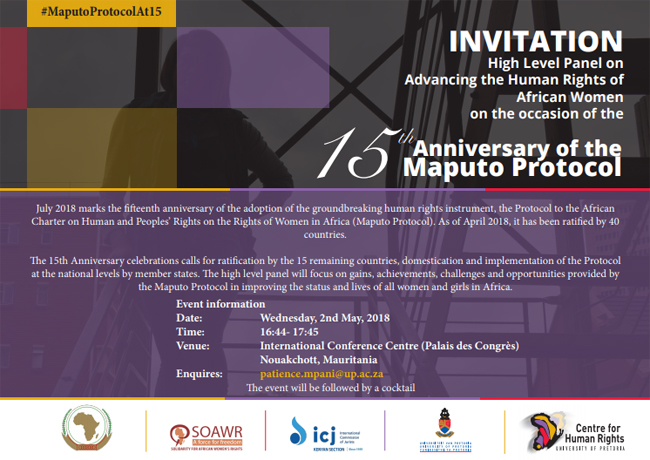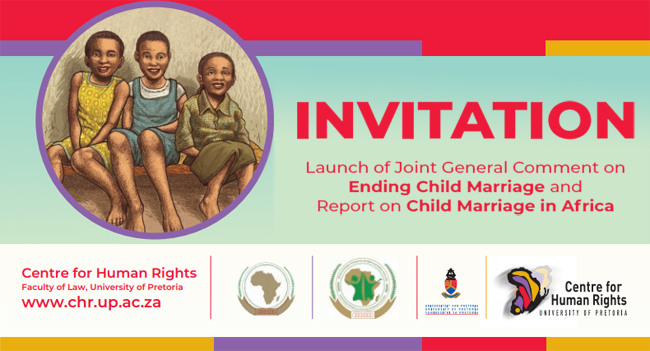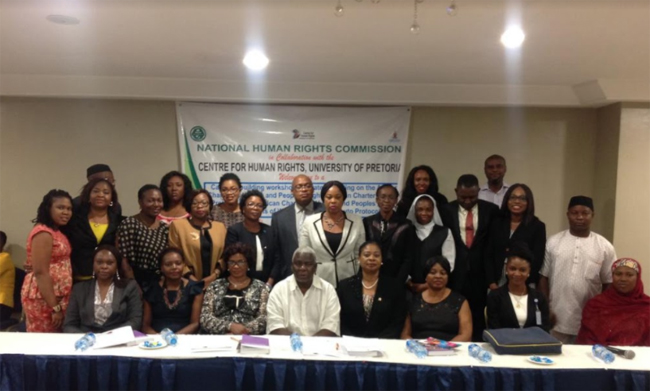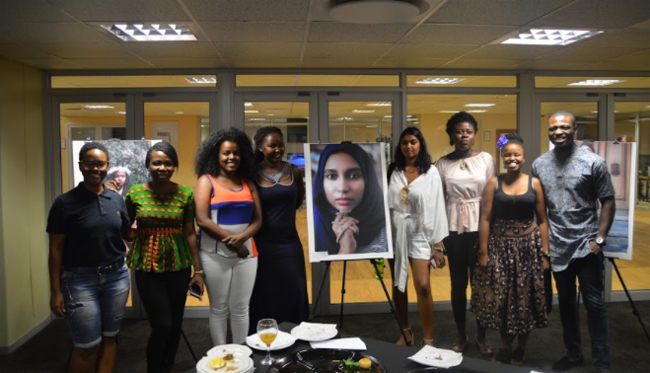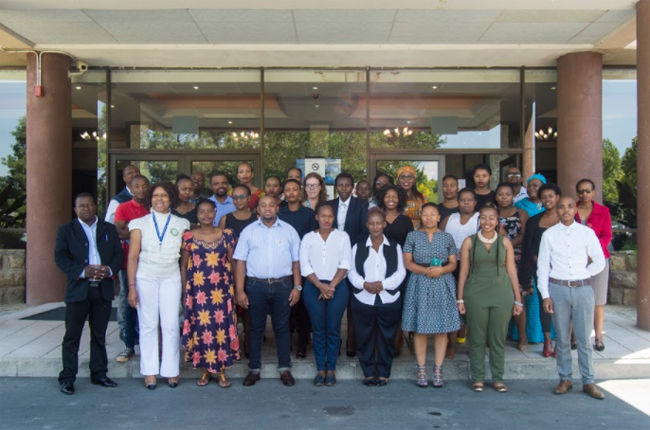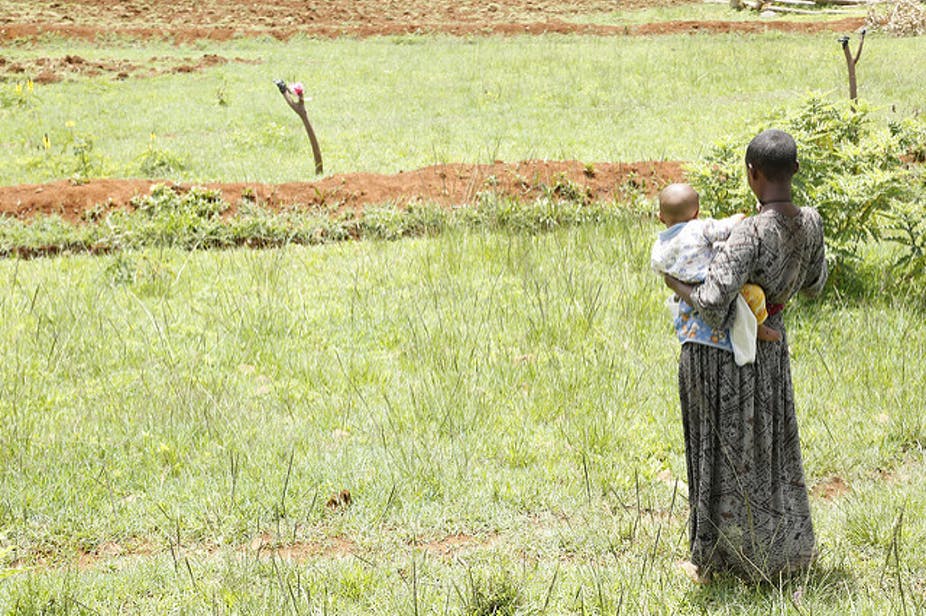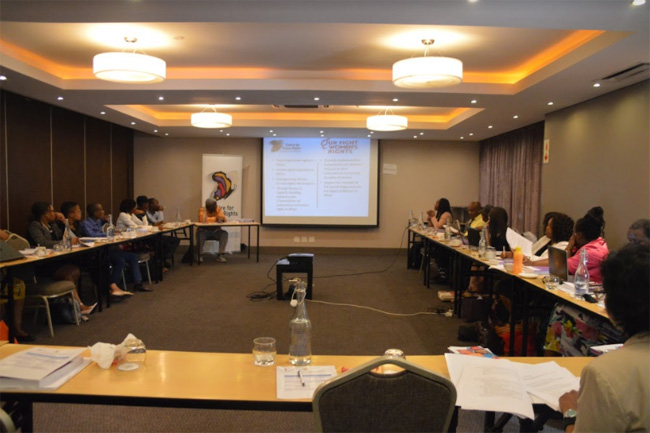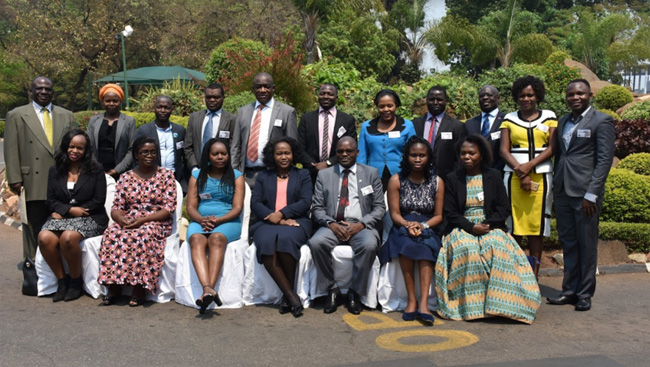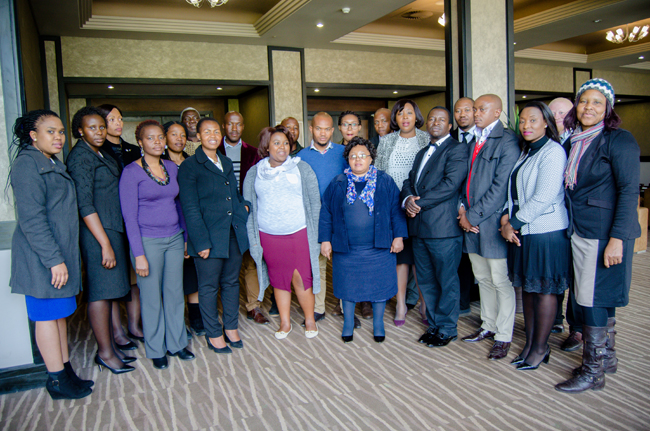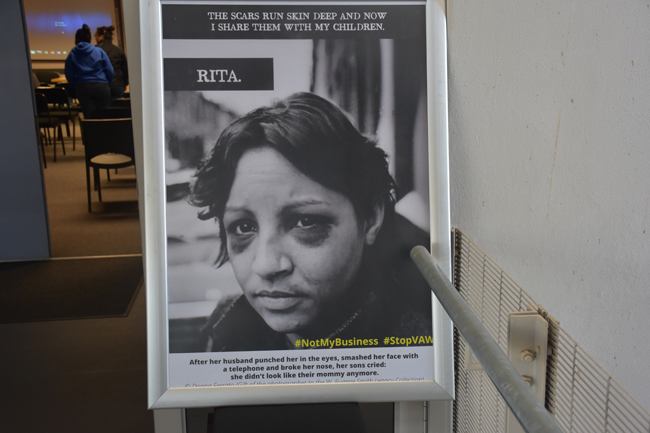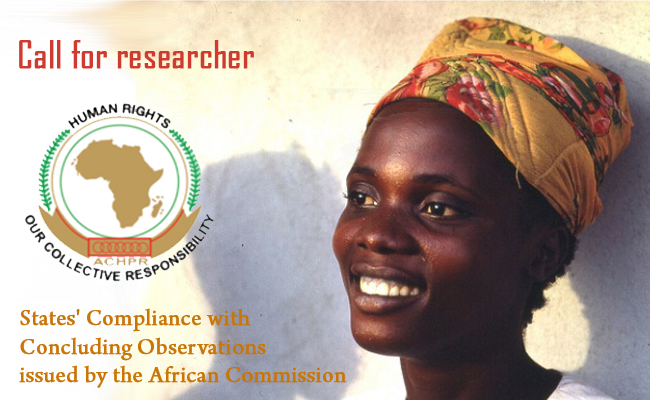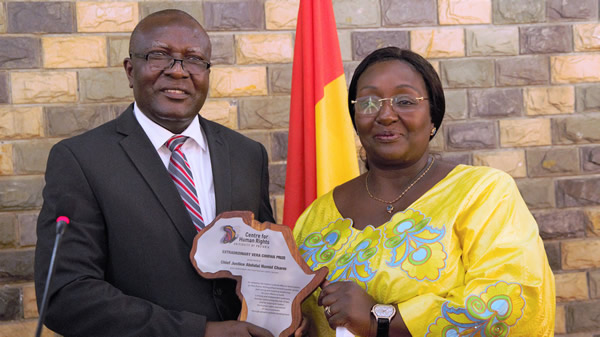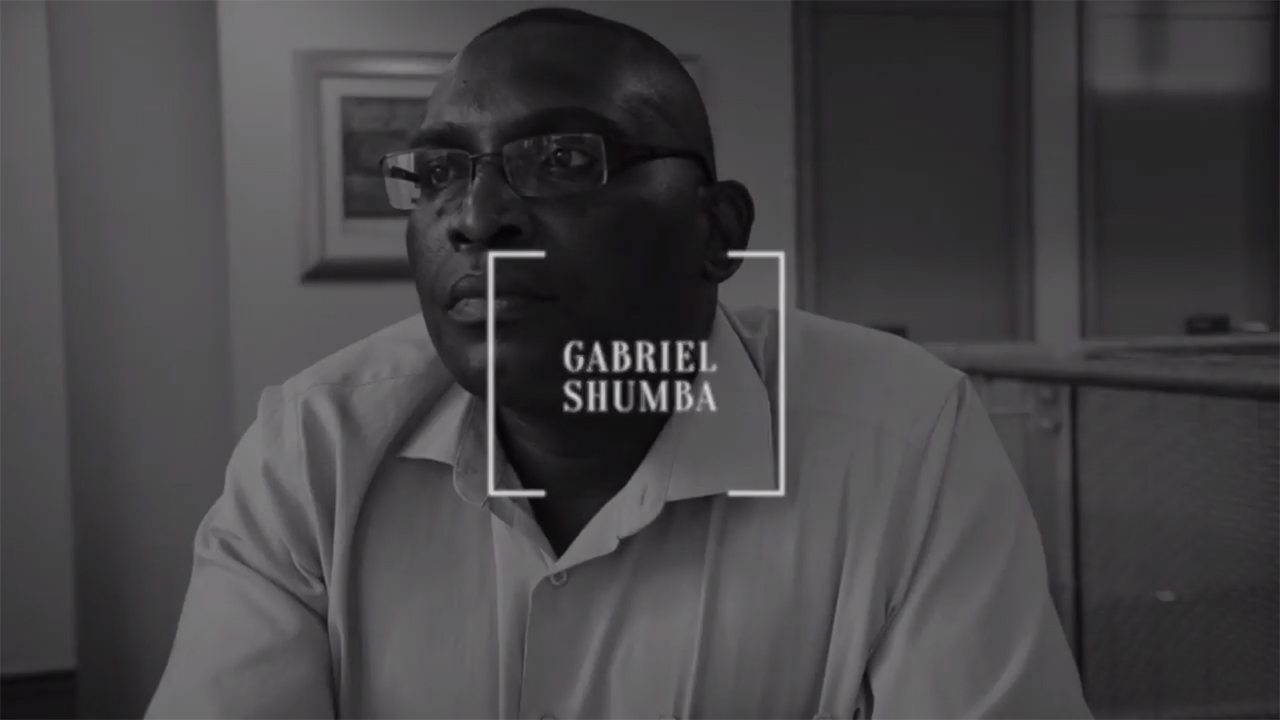
of the Gabriel Shumba decision
The Women’s Rights Unit of the Centre for Human Rights is looking for an experienced consultant with research expertise to conduct a study on the impact of COVID 19 pandemic and state measures in relation to the pandemic, on the rights of older women in selected Southern African states.
On 7 and 8 December 2020, the Centre for Human Rights, University of Pretoria, and Tshwaranang Legal Advocacy Centre (TLAC), under the umbrella of the Solidarity for African Women's Rights (SOAWR) Network, held a workshop on the Protocol to the African Charter on Human and Peoples’ Rights on the Rights of Women in Africa (Maputo Protocol) and its efficacy as an advocacy tool for the protection and promotion of women’s rights.
On 24 August 2018, the Women's Rights Unit at the Centre for Human Rights, in collaboration with HelpAge, the South African Older Person's Forum (SAOPF) and the Department of Student Affairs hosted an Intergenerational Dialogue. The dialogue focused on the vulnerabilities faced by younger and older women in the fight against gender based violence. It brought together younger and older women from all over Tshwane. The dialogue also sought to collectively come up with strategies for countering violence and build solidarity across the different age groups (young, middle-aged and older women).
The Women’s Rights Unit at the Centre for Human Rights, University of Pretoria, in collaboration with HelpAge, the South African Older Persons’ Forum (SAOPF) and the Department of Student Affairs, are hosting an intergenerational dialogue to discuss issues relating to violence against women. This is part of a series of planned events to celebrate women’s month and also in line with the Centre’s #AgeWithRights campaign. The intergenerational dialogue seeks to address issues of violence against women across generations focusing on the unique vulnerabilities associated with ageing and strategies for countering violence collectively across the different age groups (young, middle-aged and older).
The Centre for Human Rights, University of Pretoria, in collaboration with Moremi Initiative for Women’s Leadership and HelpAge International, organised the West Africa expert meeting on the rights of older women in Accra, Ghana. This was in the wake of the 27th African Human Rights Moot Court Competition, held annually by the Centre, and formed part of the Centre’s year-long #AgeWithRights campaign to advocate for the protection of the rights of older women.
On Tuesday 7 August 2018, in commemoration of South Africa’s National Women’s Day and as part of the Centre for Human Rights (the Centre’s) year-long campaign on the rights of older women in Africa, the Women’s Rights unit in collaboration with the Department of Library Services, University of Pretoria organised the screening of the award winning documentary ’The Witches of Gambaga’ by Yaba Badoe.
"It’s time for Africa to commit to protect the rights of older persons”
The Centre for Human Rights, University of Pretoria, in partnership with HelpAge Global Network in Africa and Moremi Initiative for Women’s Leadership in Africa, on 9 August 2018 organised a Policy Dialogue with Key Government Institutions including the African Union Social Affairs Department responsible for coordination and ratification of the African Union Protocol to the African Charter on Human and Peoples’ Rights on the Rights of Older Persons (Protocol) on 8 August 2018 and a regional expert meeting for West Africa on the theme “Human rights of older women in West Africa: The need for enhanced protection”.
In celebration of National Women’s Day in South Africa, the Centre for Human Rights, University of Pretoria, in collaboration with the Department of Library Services, cordially invites you to the screening of the award-winning documentary ‘The Witches of Gambaga’ by Yaba Badoe.
![]() Download this statement
Download this statement
![]() Download this media advisory
Download this media advisory
![]() Download this flyer
Download this flyer
Civil society organizations in South Africa comprised of a broad collective of human rights and women’s rights organizations and Trade Unions add their voice to the call for immediate and decisive action towards ending violence against women in South Africa.
We call upon every woman in South Africa to join us on the 1st of August to march peacefully in protest of the violence with impunity targeted at women. We demand that the government of South Africa pay particular attention to the continued and increasing spate of violence against women and girls and take concrete measures to end the violation of women’s right to life, dignity and security of persons.
“Inequality can be done away with only by establishing a new society, where men and women will enjoy equal rights, resulting from an upheaval in the means of production and in all social relations. Thus, the status of women will improve only with the elimination of the system that exploits them….” Thomas Sankara
Since Sankara uttered these words, the African continent has made some strides towards eliminating the system that exploits and discriminates against women. One of these steps is the adoption of the Protocol to the African Charter on Human and Peoples’ Rights on the Rights of Women in Africa (Maputo Protocol) on 11 July 2003 in Maputo, Mozambique, it later came into force in 2005.
The Women's Rights Unit team took part in a two day 'drafting' workshop organised jointly by the Ministry of Justice, Gambia and the Centre for Human Rights (the Centre) from 28 to 29 May 2018. The workshop was held at the NANA conference hall in Serrekunda, the Gambia.
A total of 42 participants attended the workshop. The participants consisted of representatives from Government Ministries as well as Civil Society Organisations. Participants were also members of a newly formed task team that had been set up for the purposes of drafting state reports on all the treaties that the Gambia is party to. The Gambia has ratified the African Charter on Human and Peoples Rights (the African Charter) in June 1983 and The Protocol to the African Charter on Human and Peoples Rights on the Rights of Women in Africa (Maputo Protocol) in May 2005. By virtue of its ratification of these instruments, the Gambia has expressed commitment to the obligation under Article 62 of the African Charter and Article 26(1) of the Maputo Protocol to submit a report every two years to the African Commission on Human and Peoples’ Rights (African Commission). This report should be made up of two parts; Part A on the African Charter and Part B on the Maputo Protocol.
Does violence against women matter to you? If it does, what can be done differently to prevent and end the increasing spate of violence against women in our communities? These are the questions that the Young African Leadership Initiative (YALI) delegates pondered on during their visit to the Centre for Human Rights, University of Pretoria on 17 May 2018.
The Centre for Human Rights, Faculty of Law, University of Pretoria, welcomes the adoption of the Recommendation on the Rights of Older Persons in Africa by the Pan African Parliament on 17 May 2018, at its just concluded Sixth Ordinary Session.
This Recommendation is a timely response to an unprecedented change in demographics as the population of older persons grows across Africa. It is estimated that Africa will experience an increase in the ageing population from 64.4 million in 2015 to 220 million by 2050. Persons older than 60 years old experience vulnerabilities related to a wide range of issues such as health care, disparities based on geographic location and social insurance needs. Because of pervasive misconceptions and stereotypes about ageing, older persons in many African countries are isolated, poor, abused and suffer various forms of violence and discrimination. Older persons are victims of ageism, which is a systematic stereotyping and discrimination based on age and physical appearance. As the HIV epidemic caused life expectancy decrease, many older persons, particularly older women, are left behind to raise the young generation (the grandchildren). Older women are particularly vulnerable as they face multiple and intersecting forms of discrimination based on ageism, sexism, disability and the rural/urban divide.
“We teach our old people to be proud. Not to bend their head in shame or stoop because they paid to be here. They worked hard to be here!” These were the touching words from Sandra Struw, the administrator of the Eersterust Welfare Organisation for the Aged (EWOFA) on the Centre’s visit to the old age home on Friday 11 May 2018. This event marks the beginning of the Centre’s year-long campaign on the rights of older persons, specifically older women.
The high level panel on the 15th Anniversary of the Protocol to the African Charter on Human and Peoples Rights on the Rights of Women (Maputo Protocol) took place on 2 May 2018 at the 62nd Ordinary Session of the African Commission. The panel consisted of Hon. Commissioner Soyata Maiga, Chairperson of the Commission; Hon. Kongbelet Zingasof the Central African Republic (Pan African Parliament); Pacharo Kayira, Government of Malawi; Esther Waweru, SOAWR Network (Equality Now); Patience Mungwari, Mpani, Centre for Human Rights; and Edigah Kavulavu, International Commission of Jurists Kenya.
On 30 April 2018, at the 62nd Ordinary Session of the African Commission on Human and Peoples’ Rights (African Commission), the Joint General Comment to Ending Child Marriage and the Report on Child Marriage in Africa were officially launched.
July 2018 marks the fifteenth anniversary of the adoption of the ground-breaking human rights instrument, the Protocol to the African Charter on Human and Peoples’ Rights on the Rights of Women in Africa (Maputo Protocol). As of April 2018, it has been ratified by 40 countries.![]() Download this invitation
Download this invitation
The Launch of both the Joint General Comment on Ending Child Marriage and the Report on Child Marriage in Africa will take place at the 62nd Session of the African Commission in Mauritania.
The Women’s Rights Unit of the Centre for Human Rights, University of Pretoria in collaboration with the National Human Rights Commission, Nigeria, organised a capacity building workshop on state reporting under the African Charter and the Maputo Protocol, from 12 to 14 March 2018, at Bolton White Hotel, Abuja. Participants at the workshop included representatives from ministries and agencies of government, as well as Civil Society Organisations (CSOs) in Nigeria.
In celebration of International Women’s Day 2018, the Women’s Rights unit of the Centre for Human Rights in collaboration with the Department of Library Services, University of Pretoria collaborated to screen the film, Queen of Katwe, and also revealed the ‘I Am Woman’ photo exhibition. The Centre’s Assistant Director, Norman Taku, opened the event by discussing the historical context in which we celebrate International Women’s Day. He shared his thoughts on how women persevere and prevail in a world designed to challenge them at every opportunity, and called on participants to fight for women’s rights, not only on International Women’s Day, but on every day of the year.
On Wednesday 21 February and Thursday 22 February 2018, the Women's Rights Unit of the Centre for Human Rights took part in a 2-day validation workshop for the Lesotho State Party Report to the African Commission on Human and Peoples Rights, on the African Charter on Human and Peoples (African Charter) and the Protocol to the African Charter on Human and Peoples Rights on the Rights of Women in Africa (Maputo Protocol). The meeting was hosted by the Ministry of Law, Constitutional Affairs and Human Rights in Lesotho in collaboration with Centre for Human Rights.
The Centre for Human Rights welcomes the adoption of the Joint General Comment on Ending Child Marriage by both the African Commission on Human and Peoples’ Rights and the African Committee of Experts on the Rights of the Child.
![]() Download this statement
Download this statement![]() Download the Joint General Comment of the ACHPR and ACERWC on ending child marriage (English)
Download the Joint General Comment of the ACHPR and ACERWC on ending child marriage (English)![]() Télécharger l'Observation Générale Conjointe du CADHP et CAEDBE sur l’eradication du mariage des enfants (Francais)
Télécharger l'Observation Générale Conjointe du CADHP et CAEDBE sur l’eradication du mariage des enfants (Francais)
By ratifying the Maputo Protocol in 2004, South Africa made a commitment to improve the status and protect the rights of women and girls in the country. It also committed under Article 62 of the African Charter and Article 26 (1) of the Maputo Protocol to submit periodic reports to the African Commission every two years from the time of ratification, highlighting the steps taken to guarantee the rights of women and girls. After consideration of these reports, concluding observations and recommendations are given to State Parties to guide them on the implementation of the rights as mentioned in the treaty.
On Wednesday 18 October 2017, the Women's Rights Unit of the Centre for Human Rights (the Centre) organised a one-day meeting with Government and civil society organizations on Malawi’s compliance with the concluding observations issued by the African Commission on Human and Peoples’ Rights (African Commission) specifically in relation to the Protocol to the African Charter on Human and Peoples Rights on the Rights of Women in Africa (Maputo Protocol). The meeting was held in collaboration with the Ministry of Justice and Constitutional Affairs in Malawi. The meeting brought together a total of about 20 stakeholders from the relevant government ministries, National Human Rights Commission, Office of the Ombudsman and Civil Society Organisations involved in the state reporting process in the country. The meeting was held at the Sunbird Capital hotel, in the capital city of Lilongwe.
Every year on 9 August, South Africa celebrates National Women’s Day in recognition of the role that women played in the liberation of the country from Apartheid. On 9 August 1956, over 20,000 women marched onto the Union Buildings in Pretoria protesting the Pass-Laws that restricted the movement of women of color in white areas to certain times of the day. The demonstration was a resounding success and is nationally recognised as one of the political milestones that marked the events that challenged the apartheid government to eventually usher in democracy in 1994. While National Women’s Day celebrates the courage of those women back in the day, it has also evolved into a day to promote women’s rights within the community and to call out government to act on unfulfilled promises to women in the country regarding rights such as freedom from violence perpetrated against women and girls.
The following vacancies are available:
Terms of Reference
Project Title: State Parties' Compliance with the Concluding Observations and Recommendations issued by the African Commission on Human and Peoples Rights (ACHPR) on the Rights Enshrined in the Maputo Protocol
Organisation: The Centre for Human Right (CHR)
Job Title: Researcher
Duty Station: South Africa, Malawi, Nigeria (One position available per country)
Duration: Varied (Research paper based)
Contract Type: Individual consultant
Closing date: 31 July, 2017
“The [Maputo] Protocol stands as a comprehensive instrument that demonstrates the good will of African States to end all forms of violence against women… Notwithstanding that, our role as women has been fraught with challenges and circumstances of vulnerability”. First Lady of Sierra Leone Her Excellency Mrs Sia Yama Koroma, rightly noted as she gave the Keynote address at a state reporting workshop that was hosted by the Gender Unit in Freetown from 22-24 March 2017. She was speaking at the opening ceremony which also saw the awarding of the first Extraordinary Vera Chirwa Award to the Chief Justice of Sierra Leone Honourable Justice Abdulai Hamid Charm, an alumnus of the Centre for Human Rights, for his contribution to human rights in Sierra Leone.![]() Download the introduction to Chief Justice Charm on receiving the first Extraordinary Vera Chirwa Award
Download the introduction to Chief Justice Charm on receiving the first Extraordinary Vera Chirwa Award

